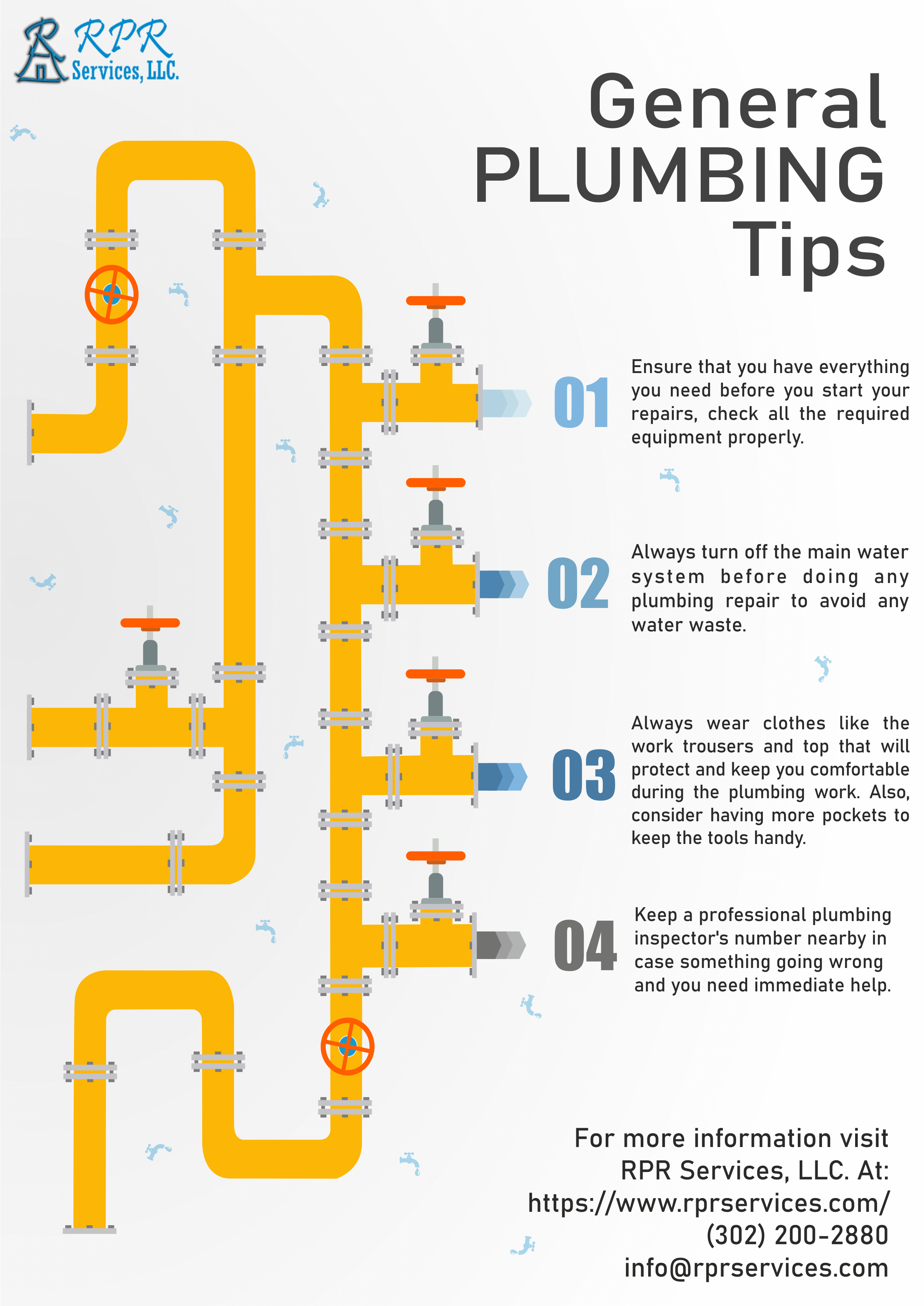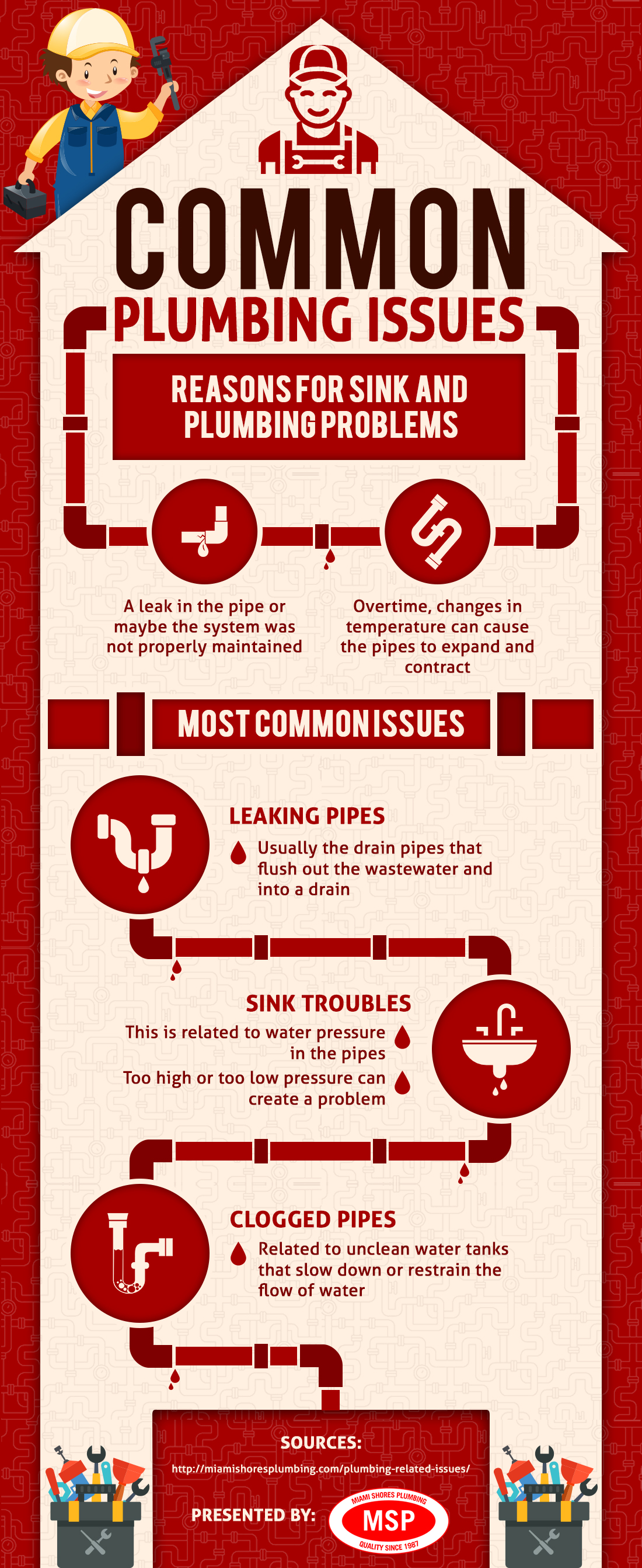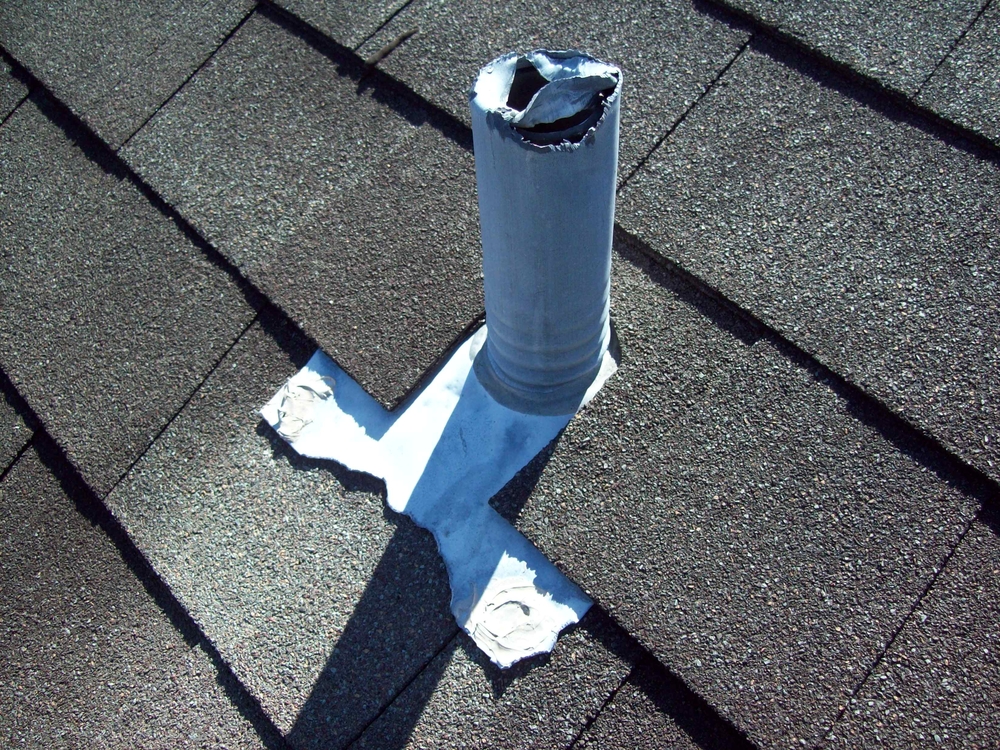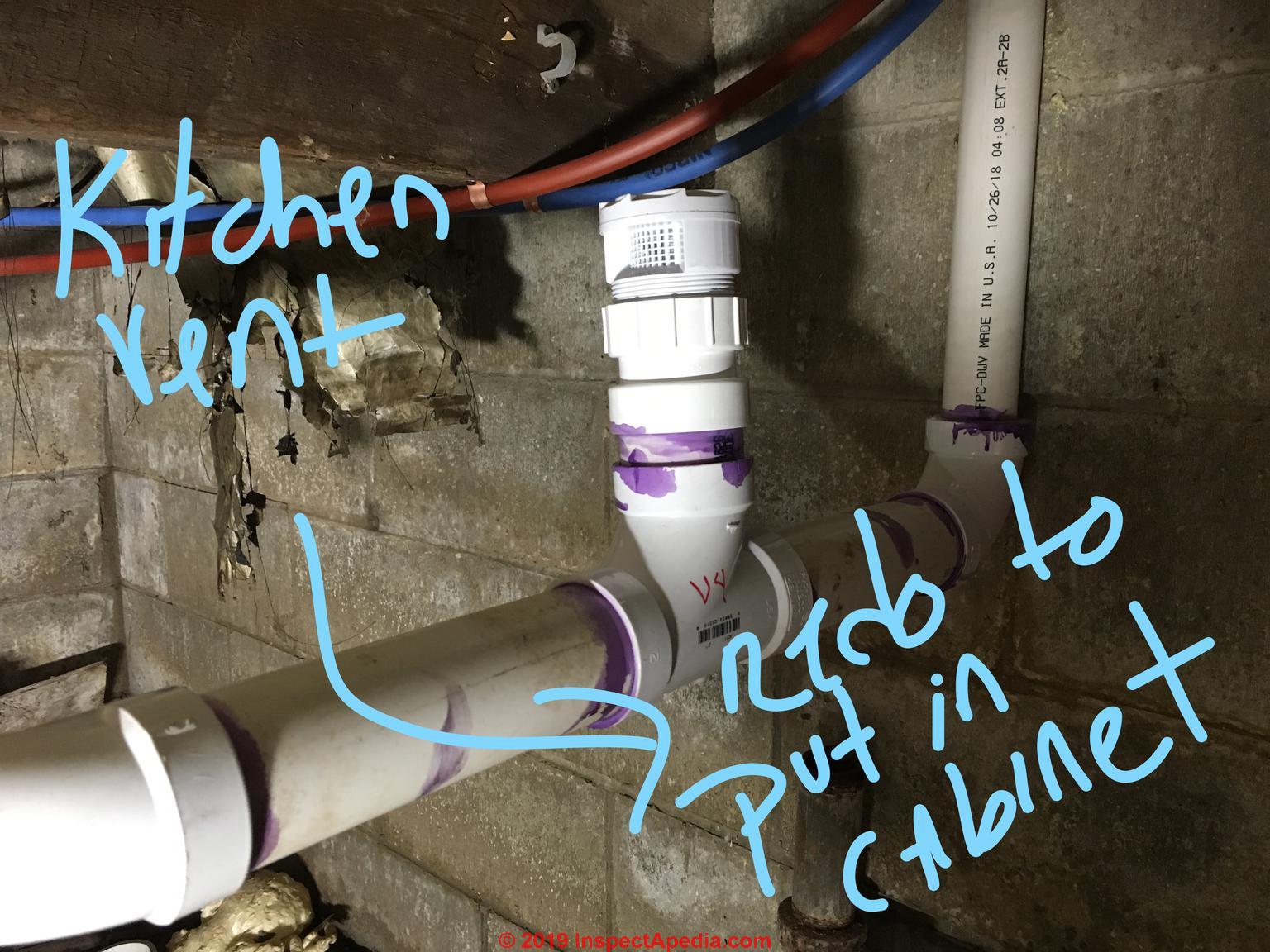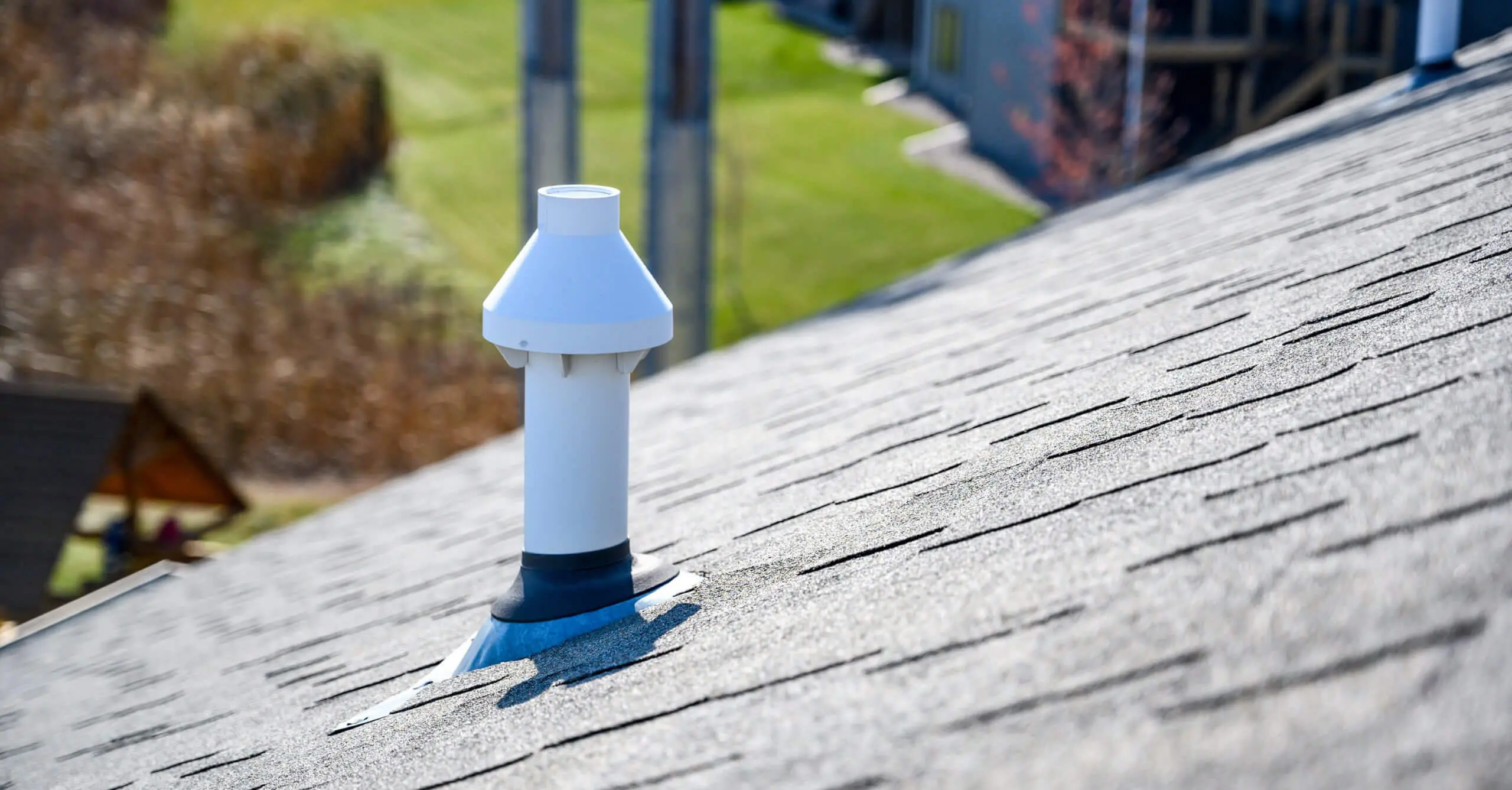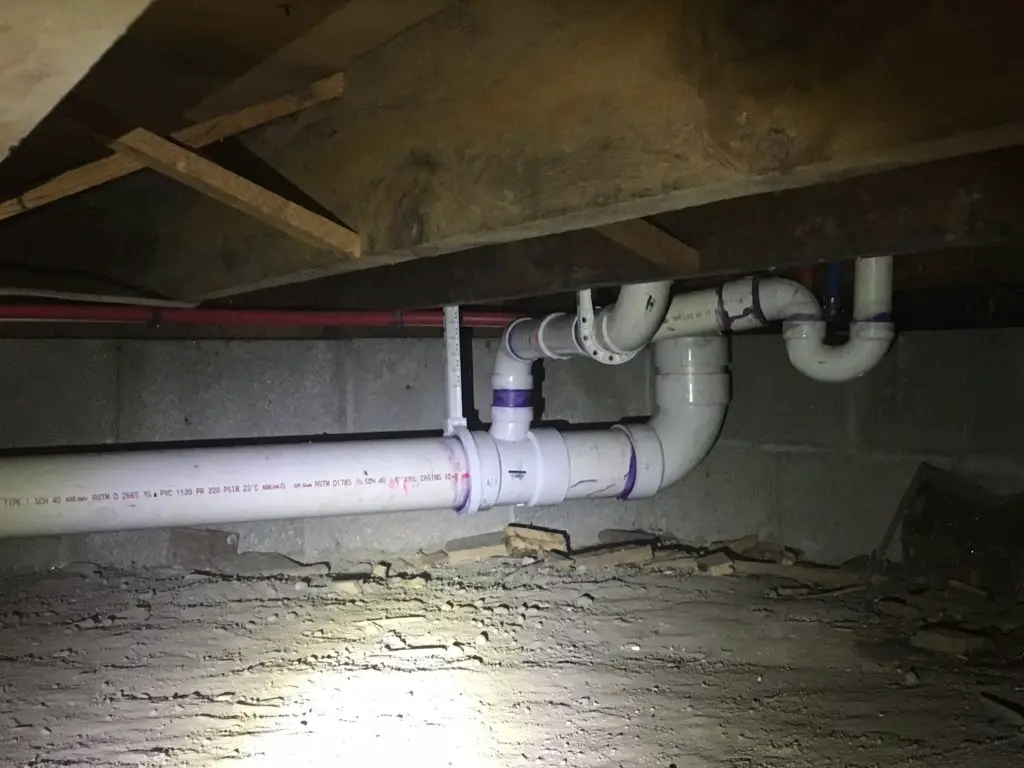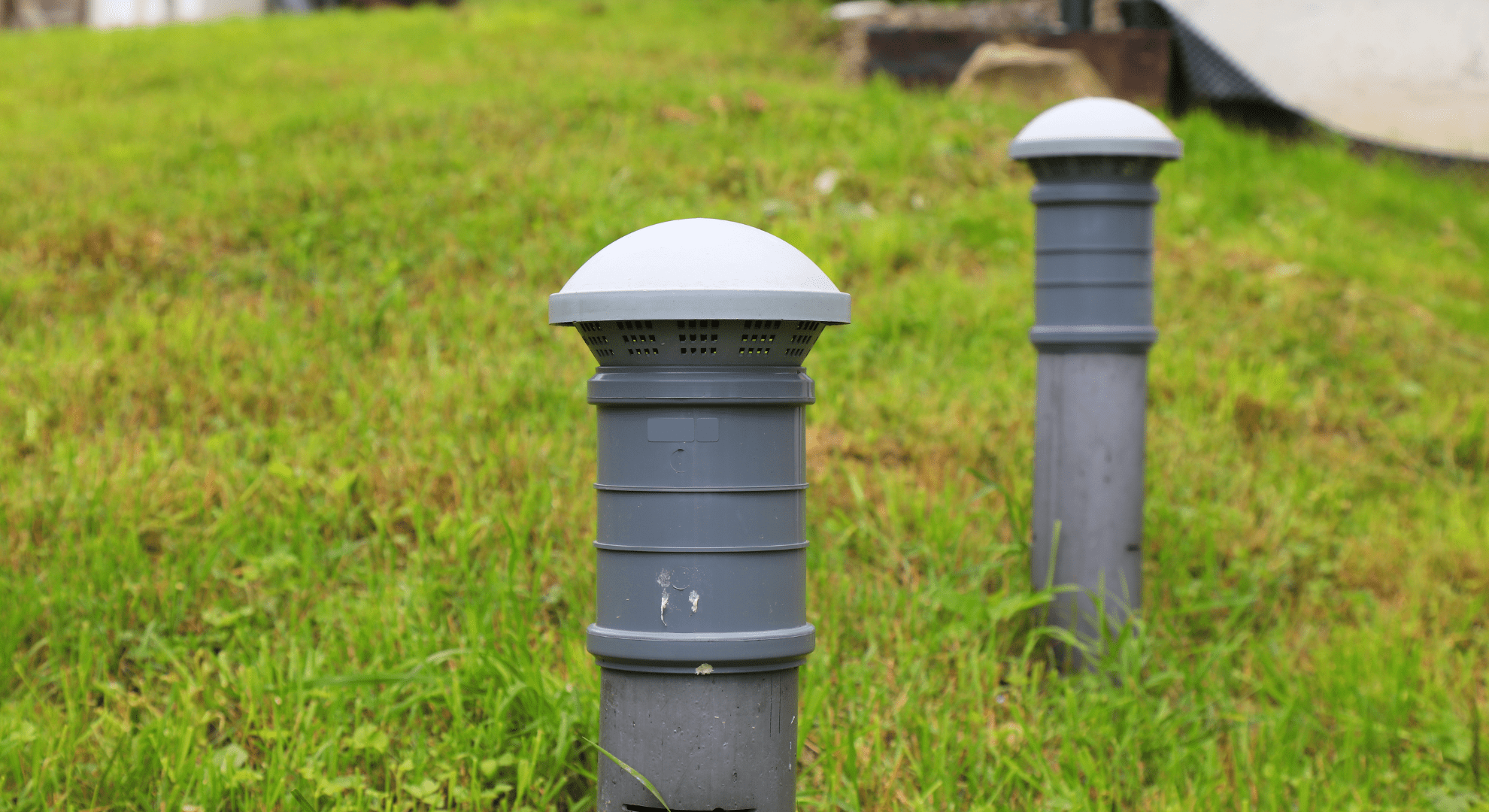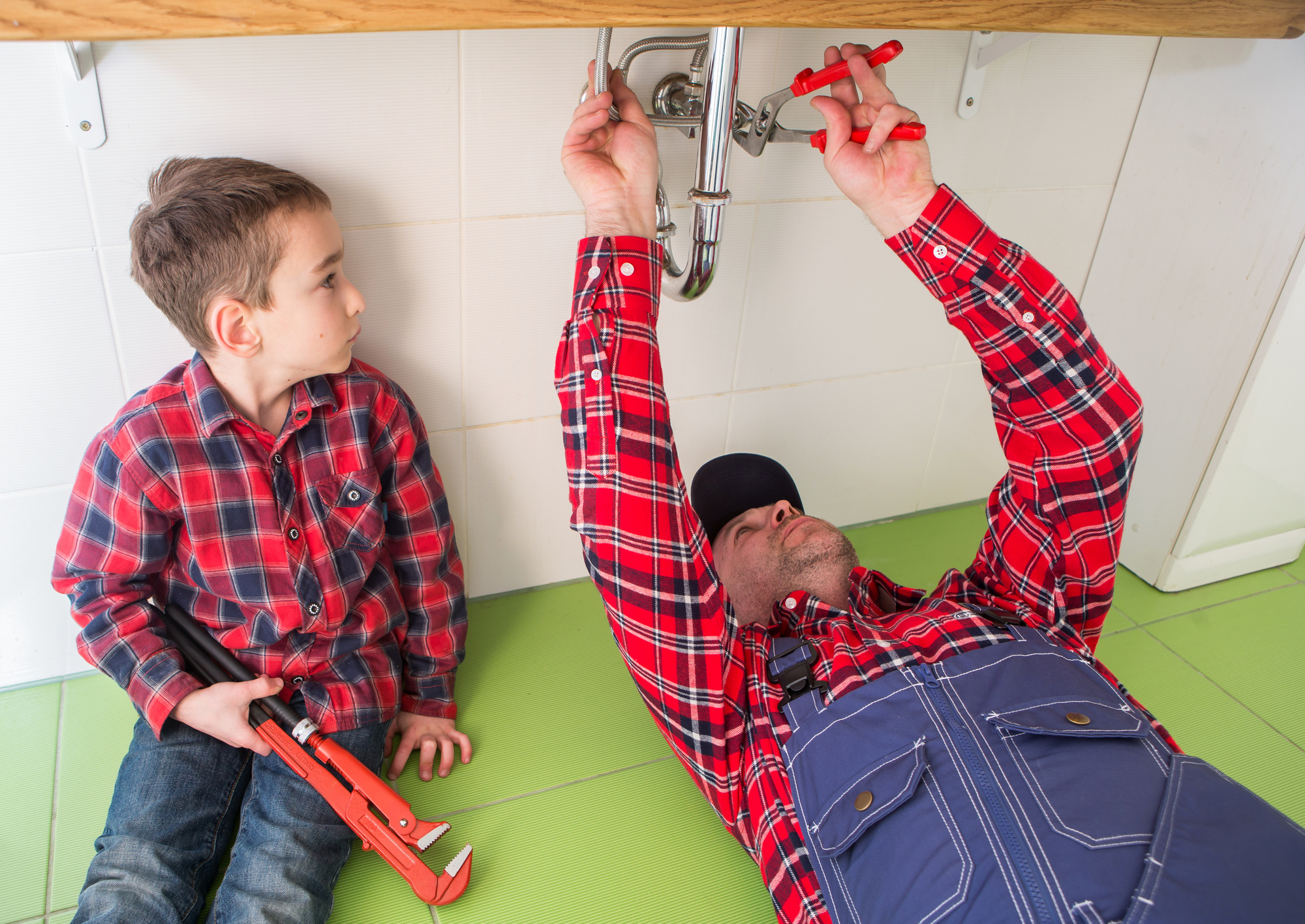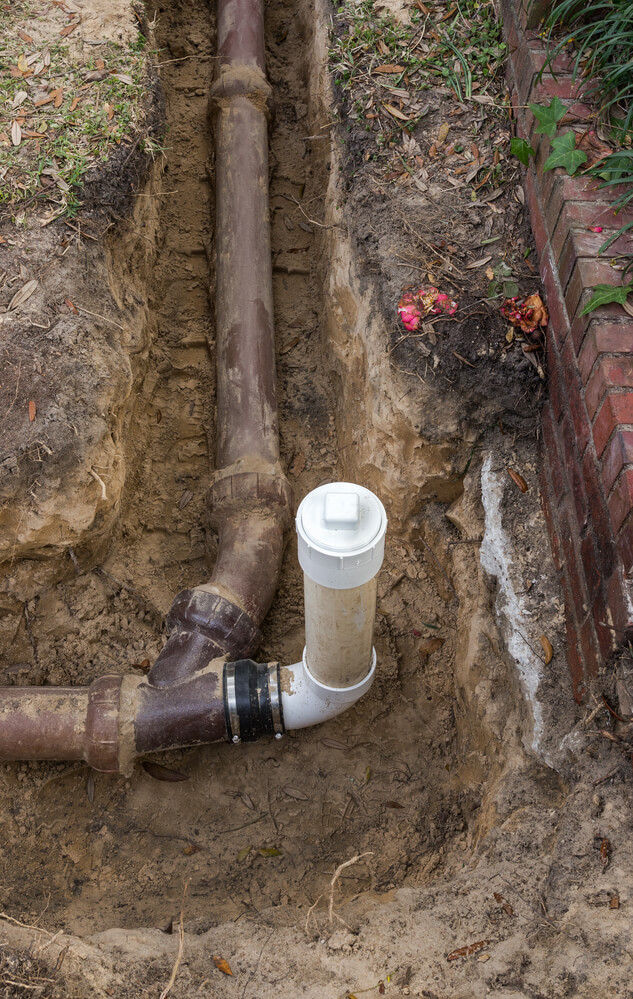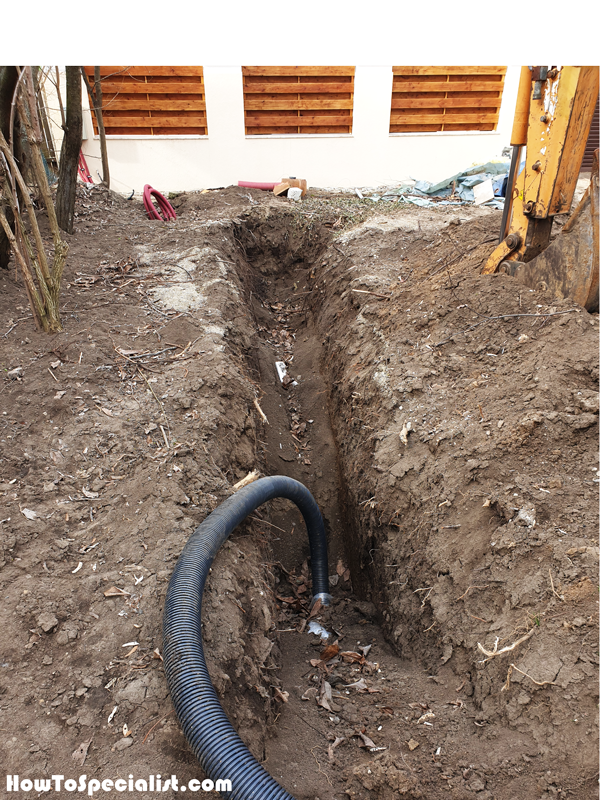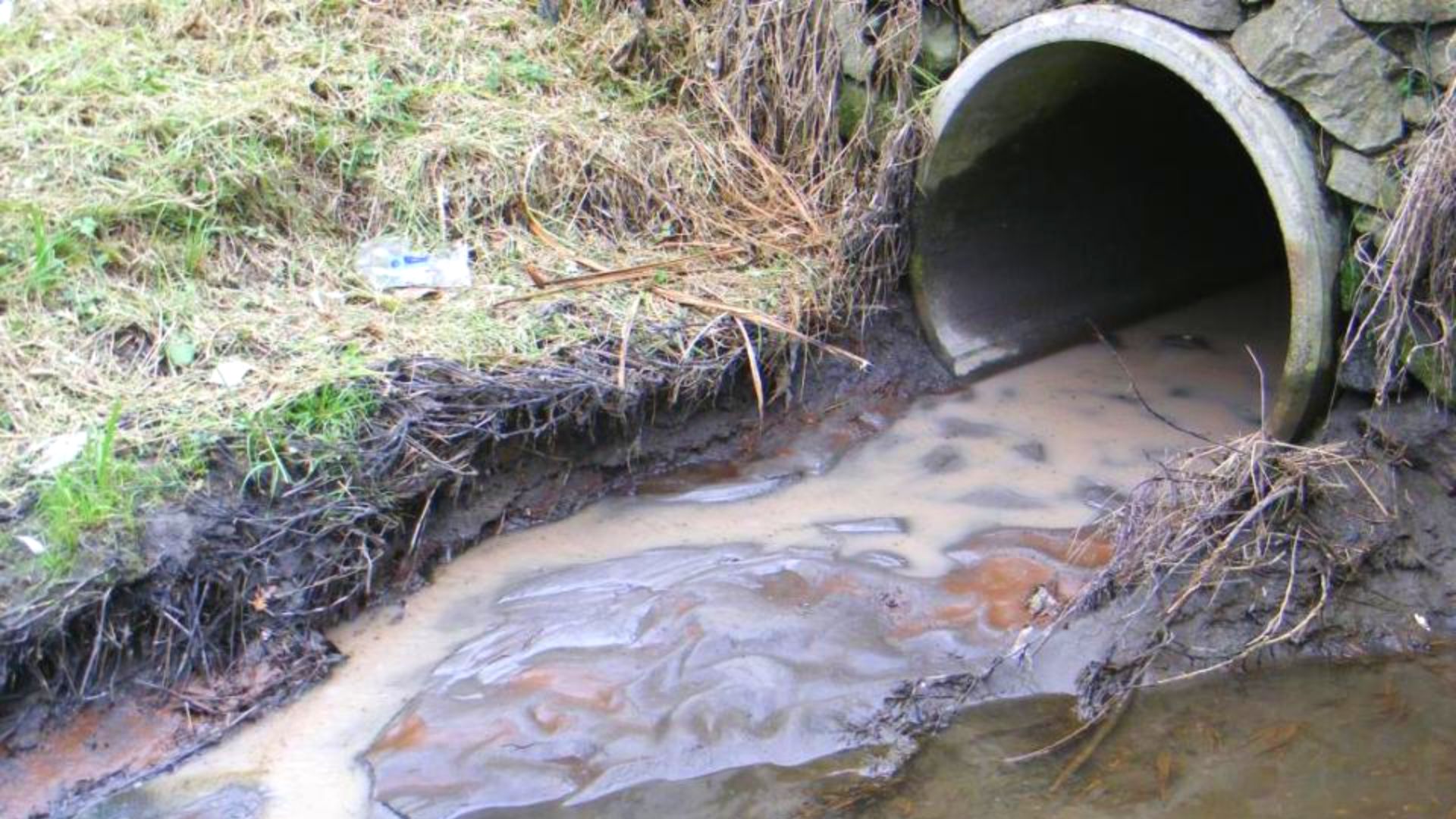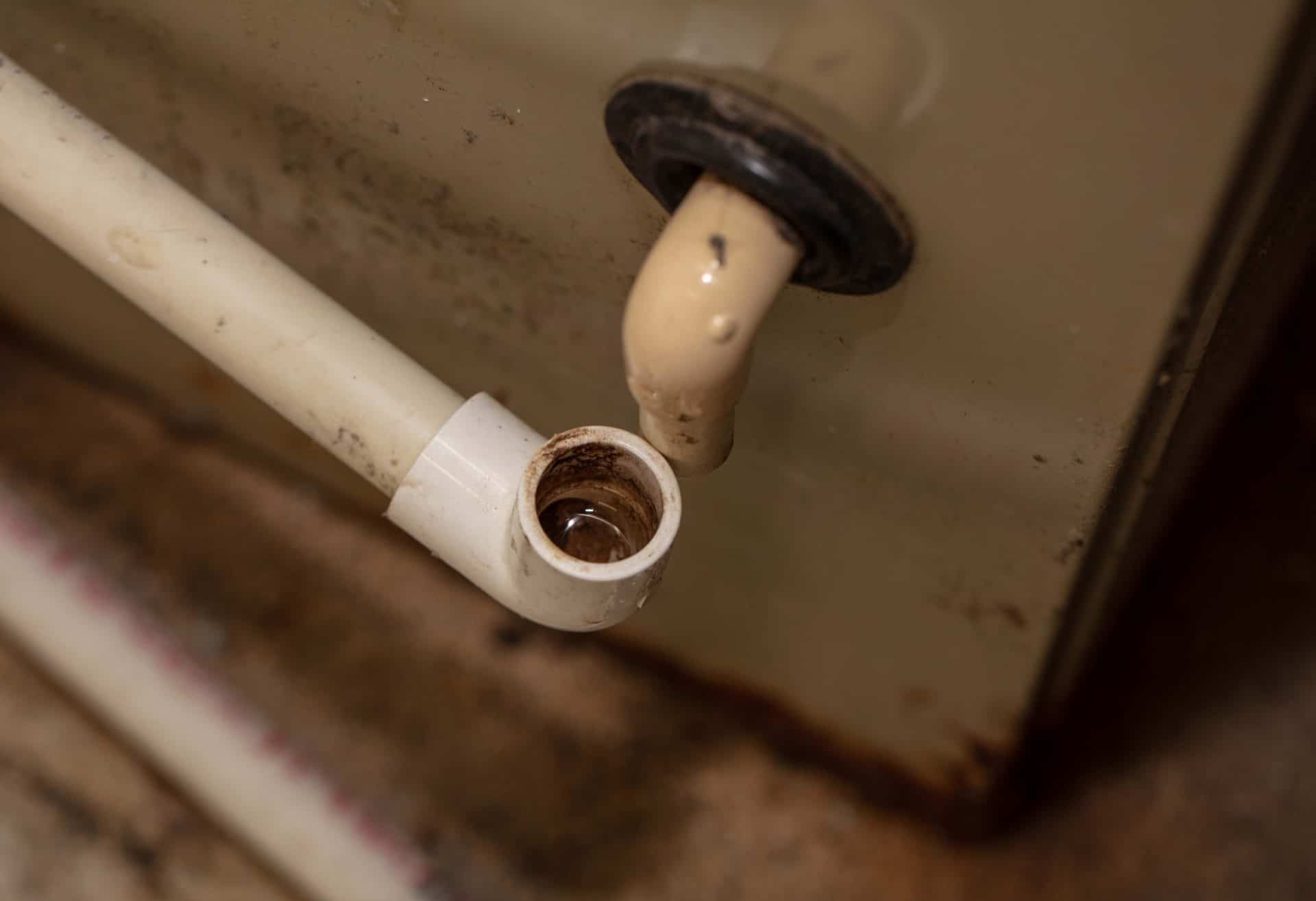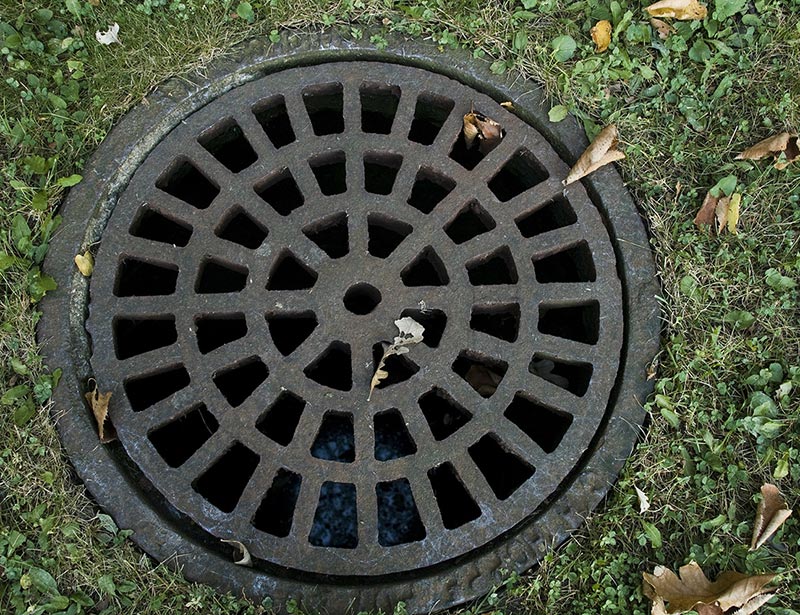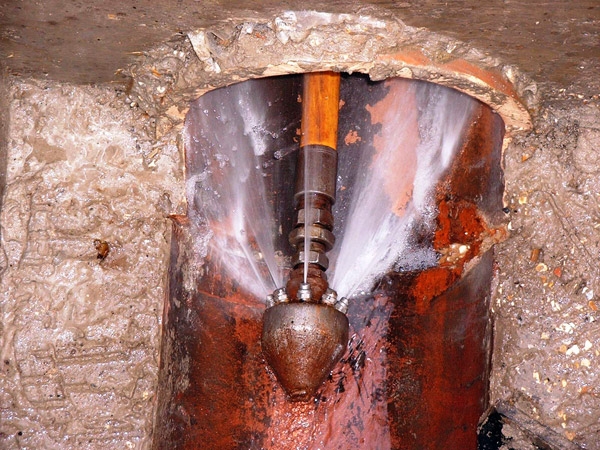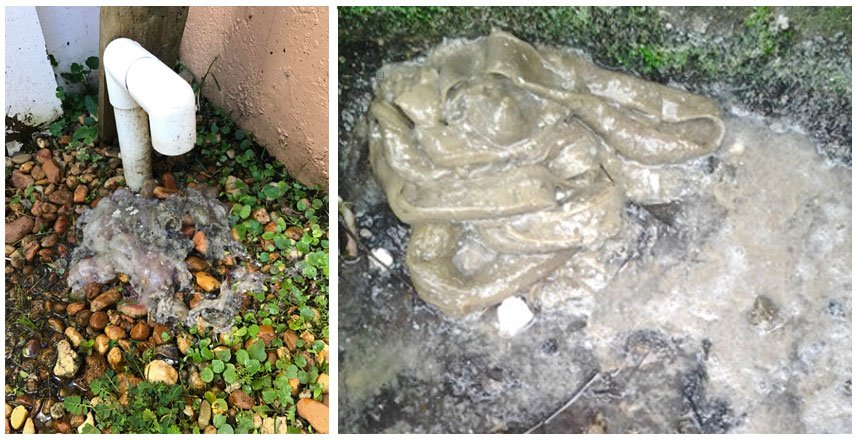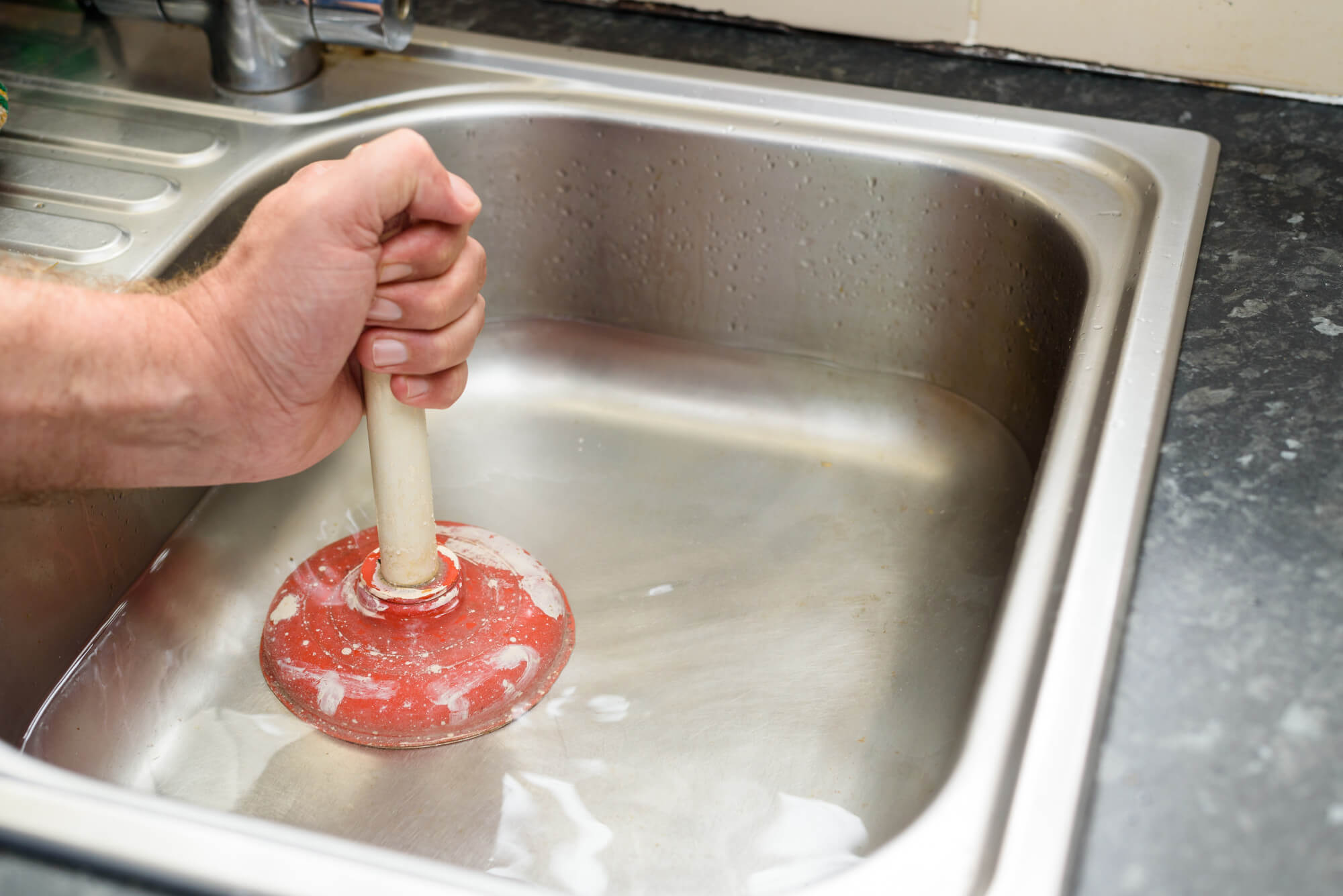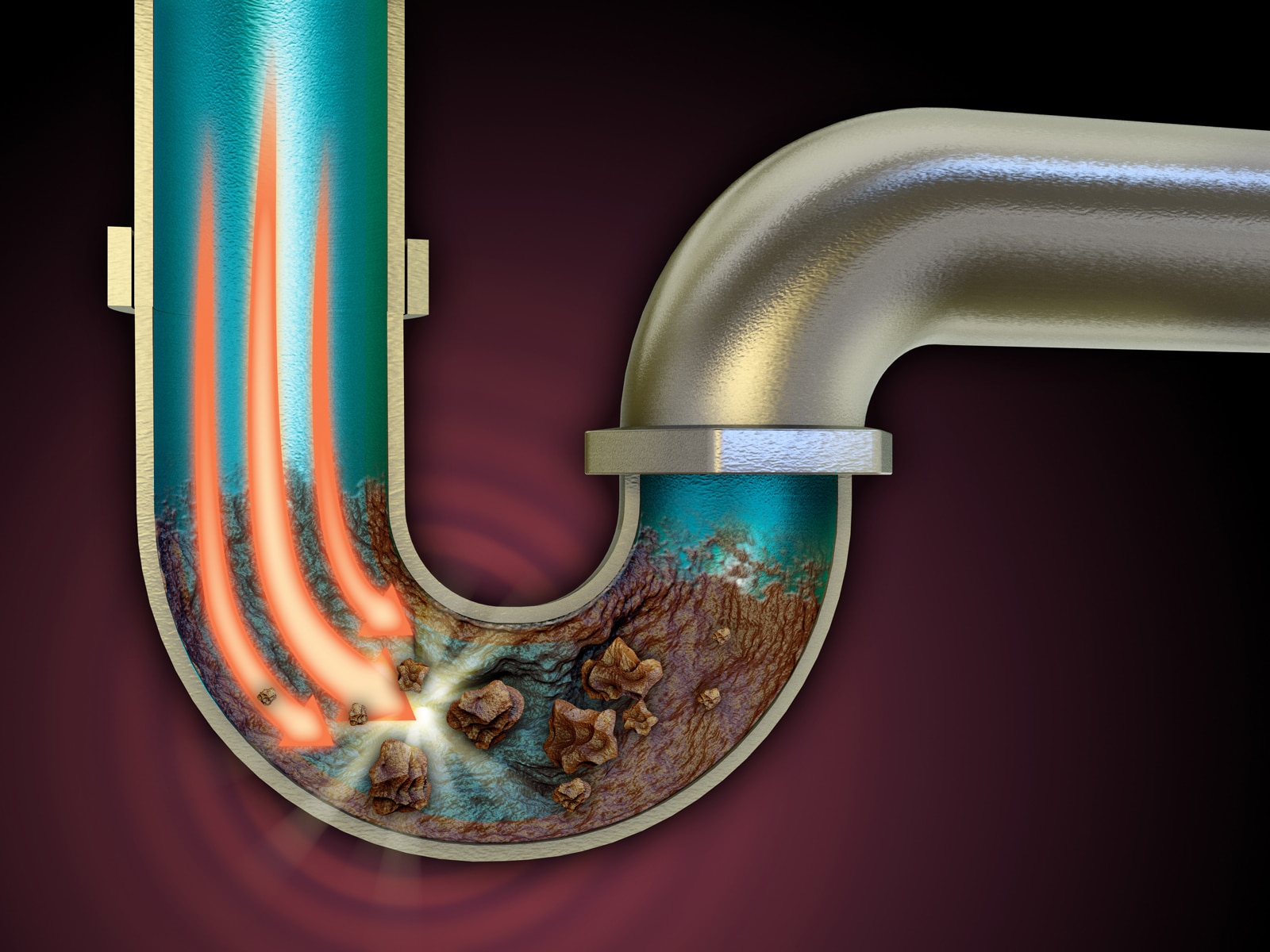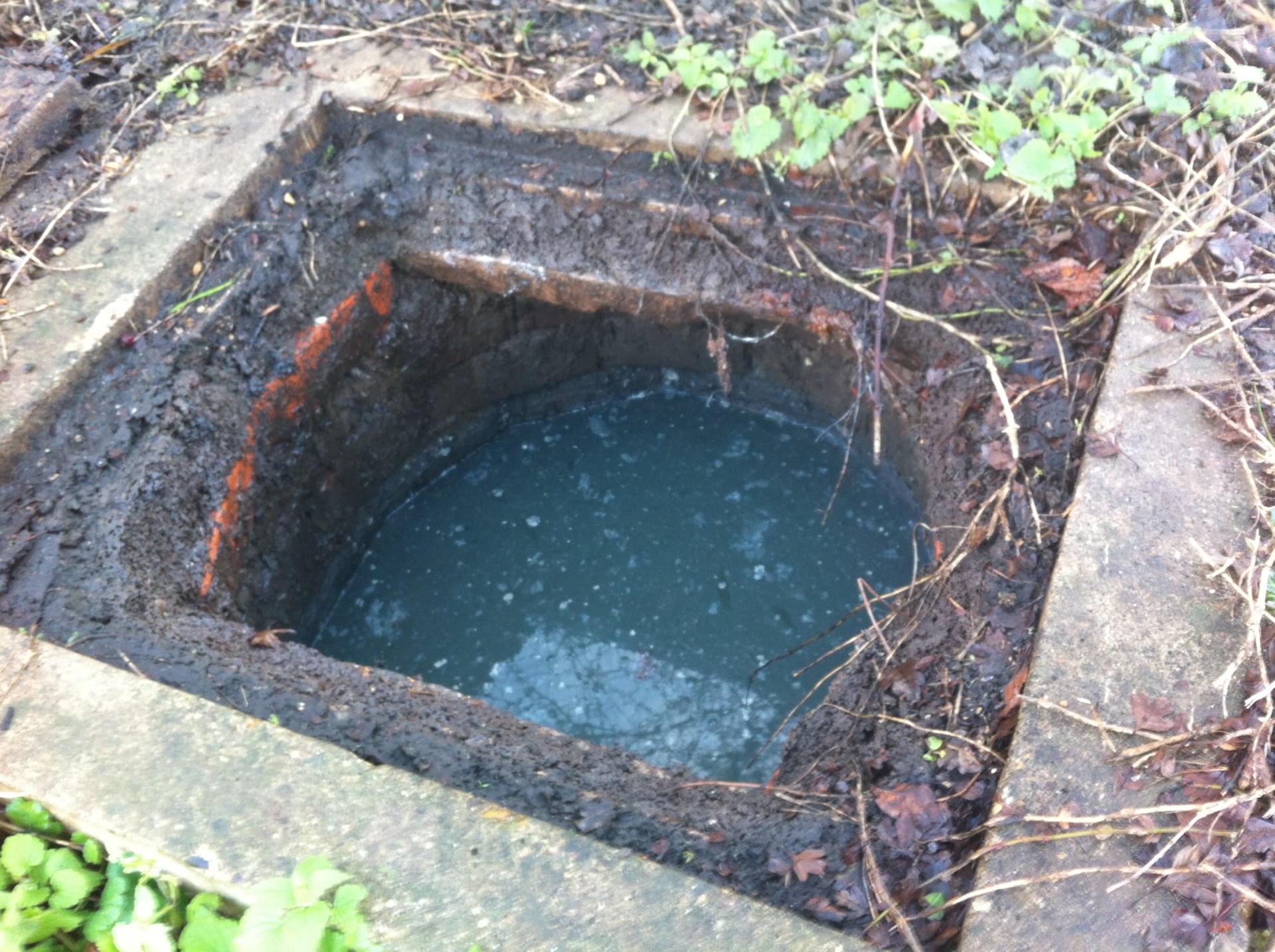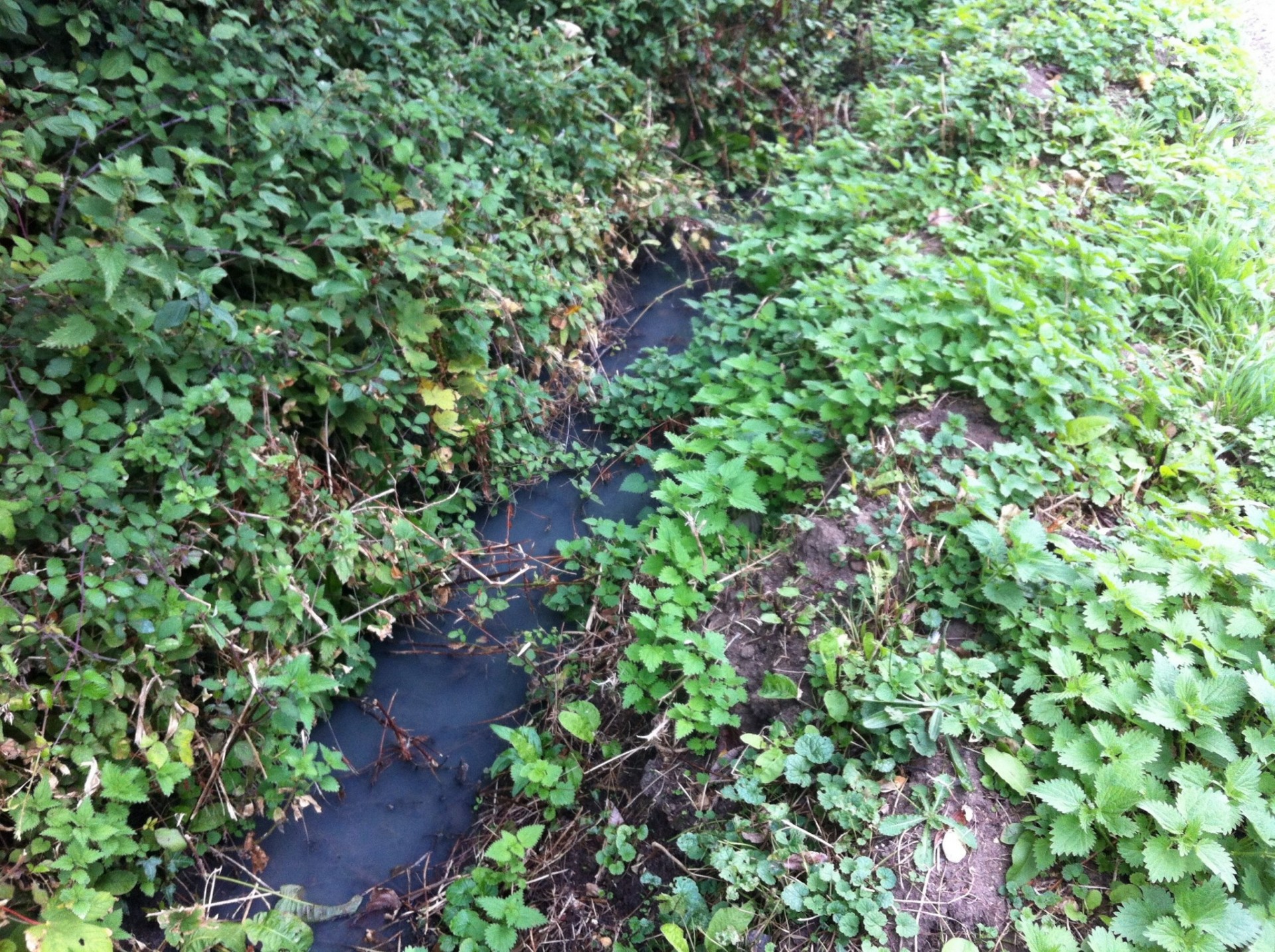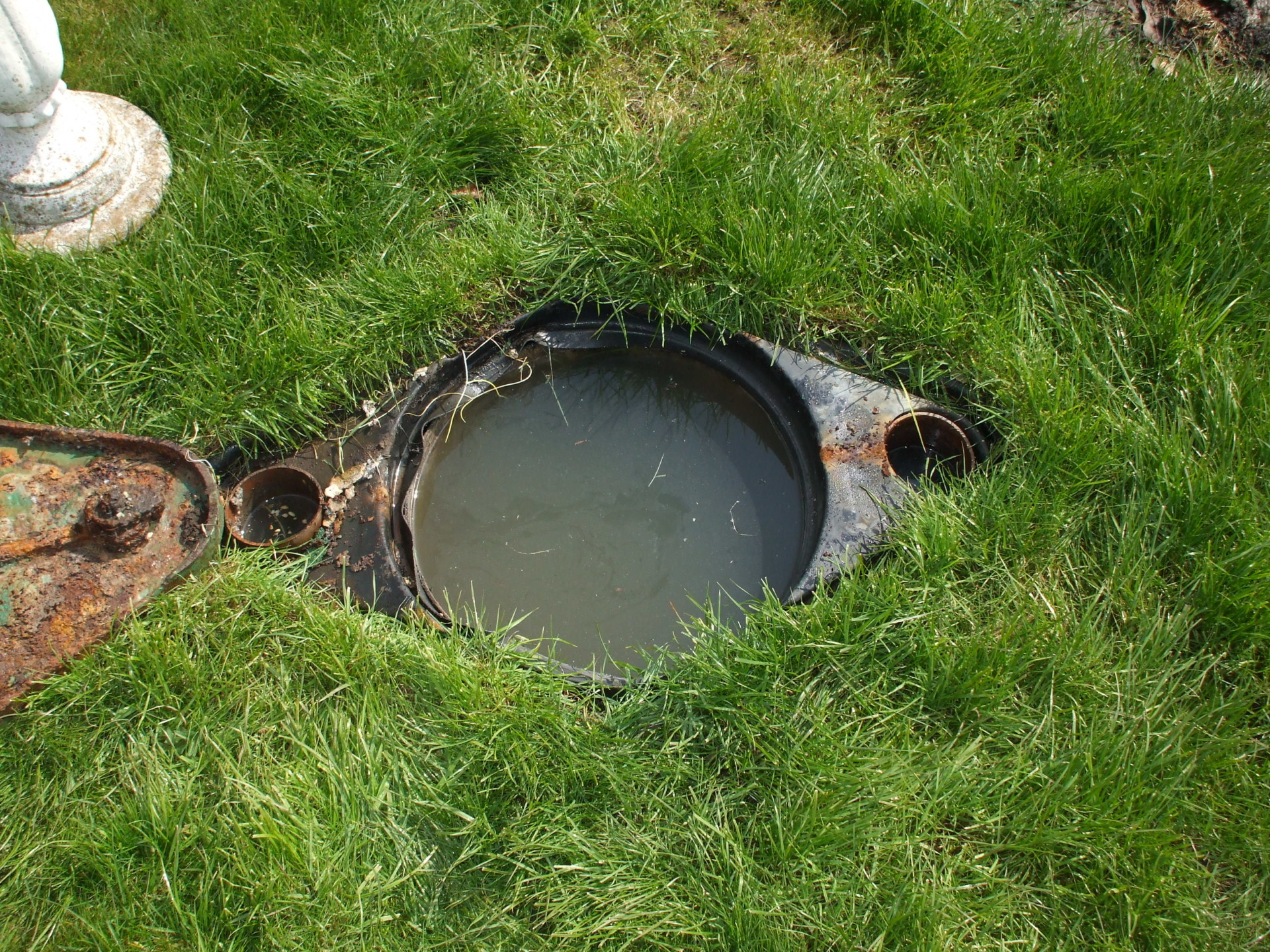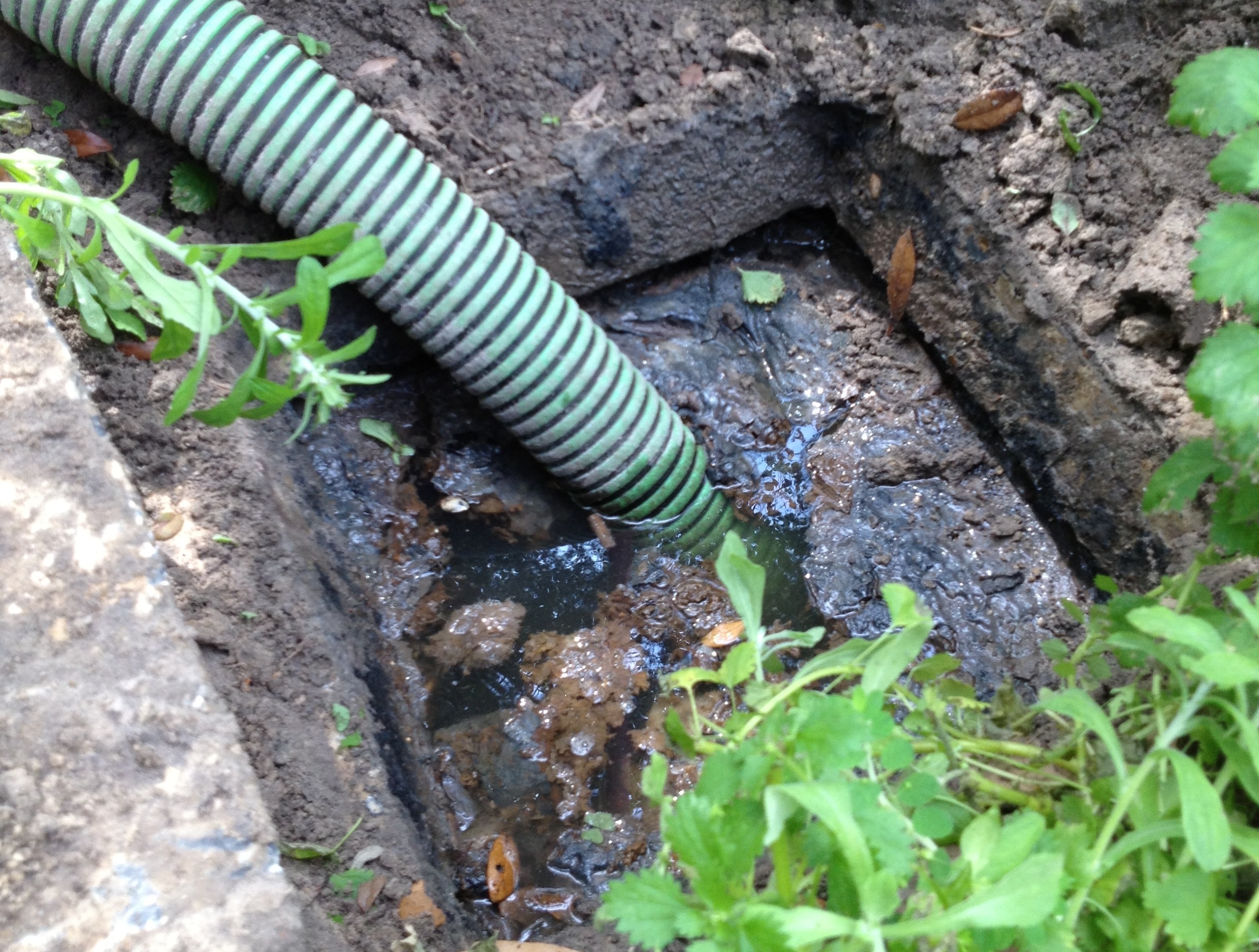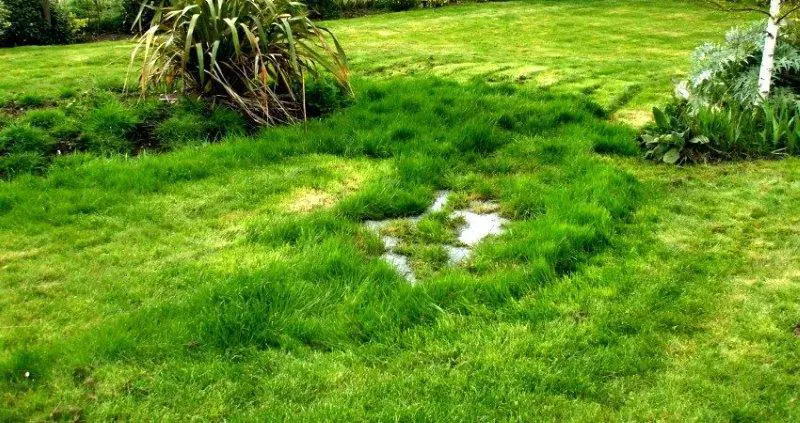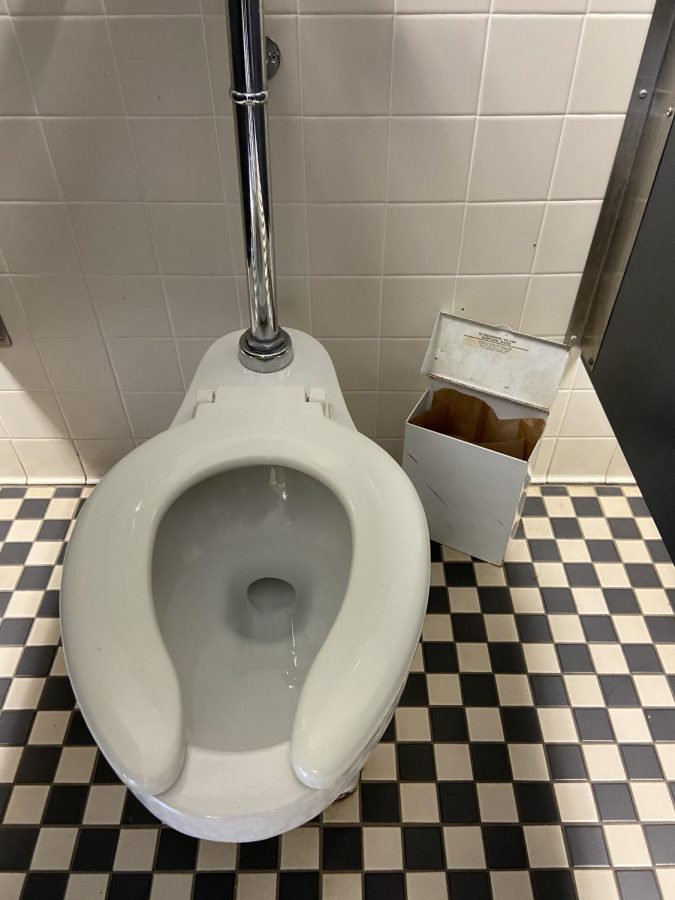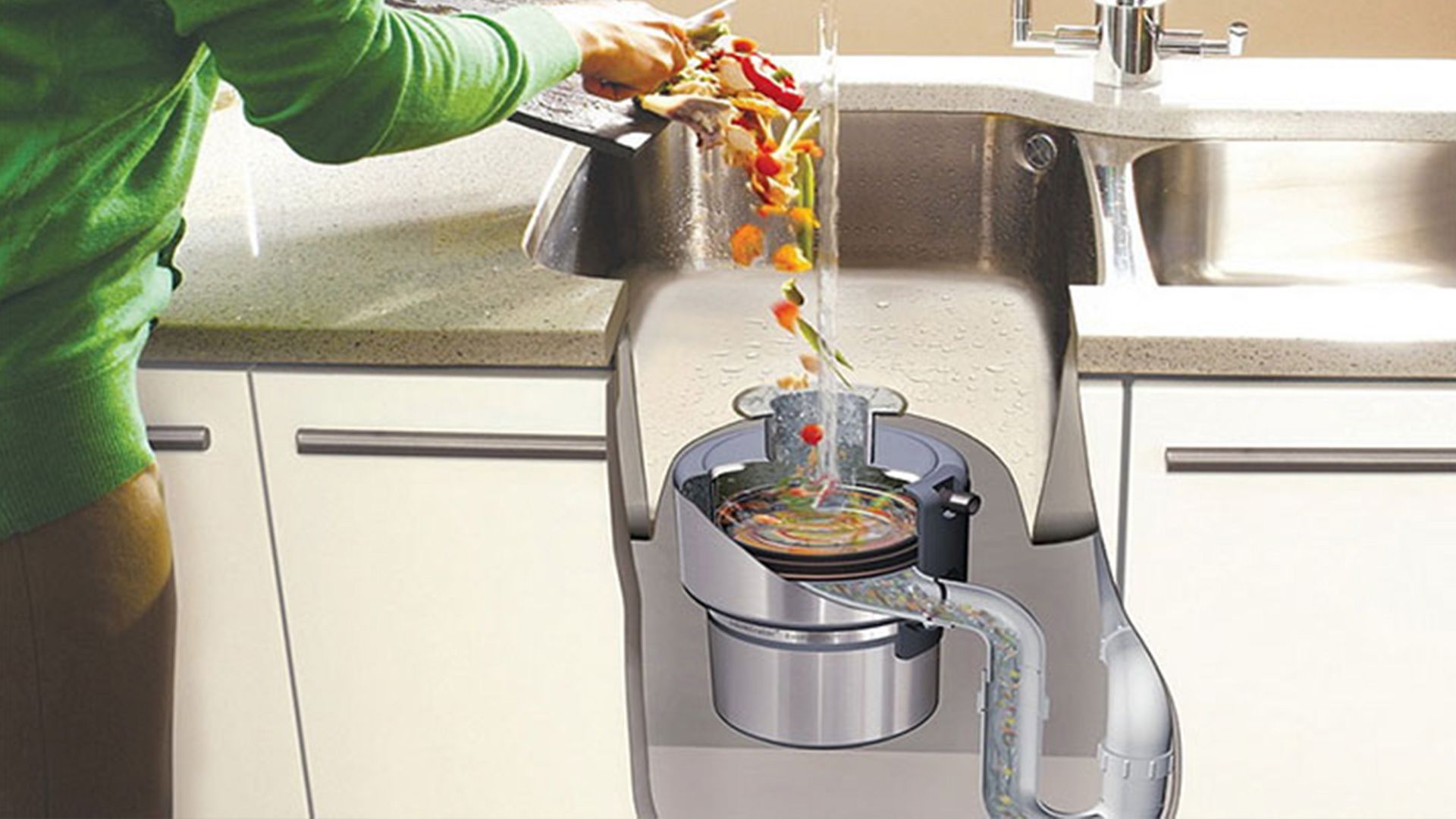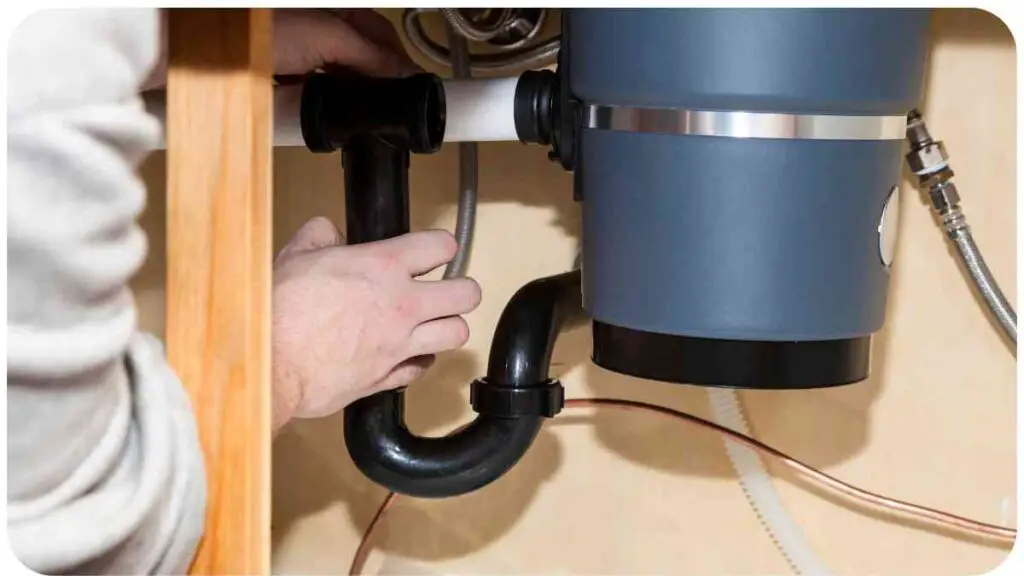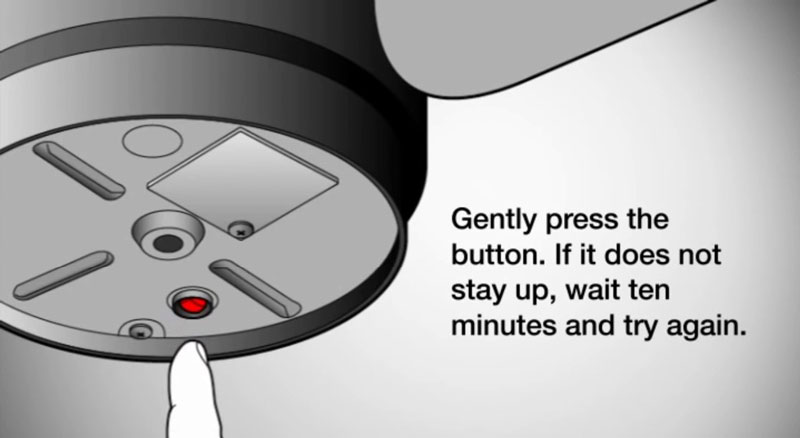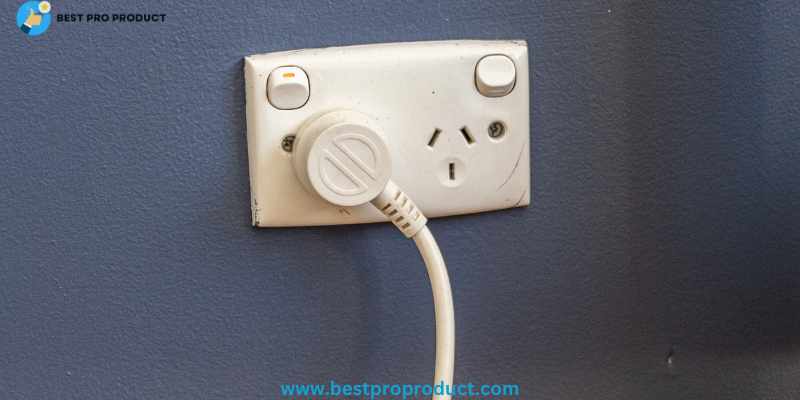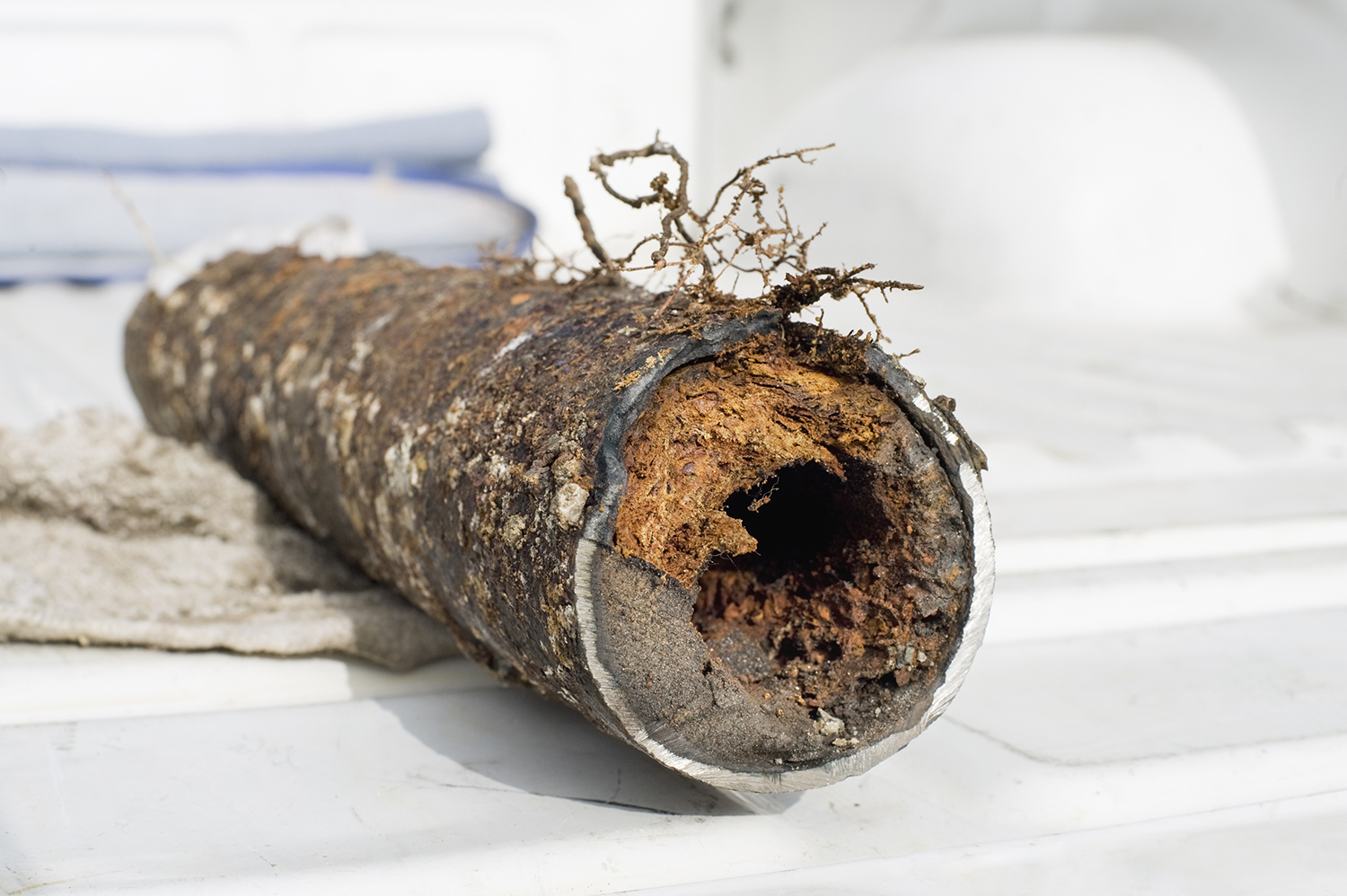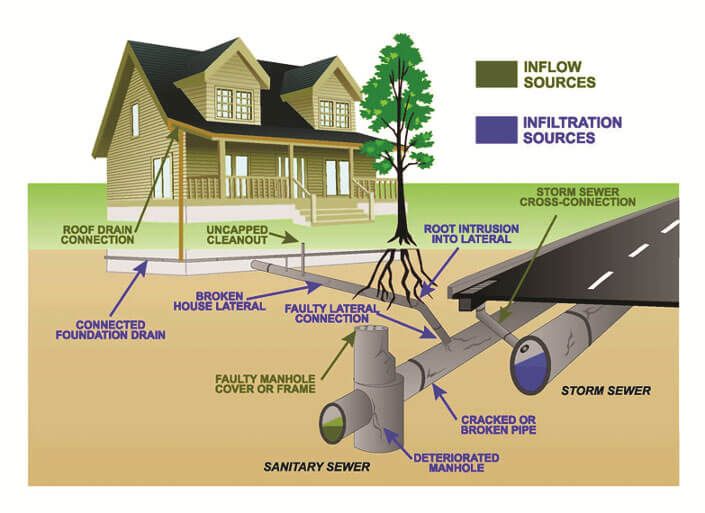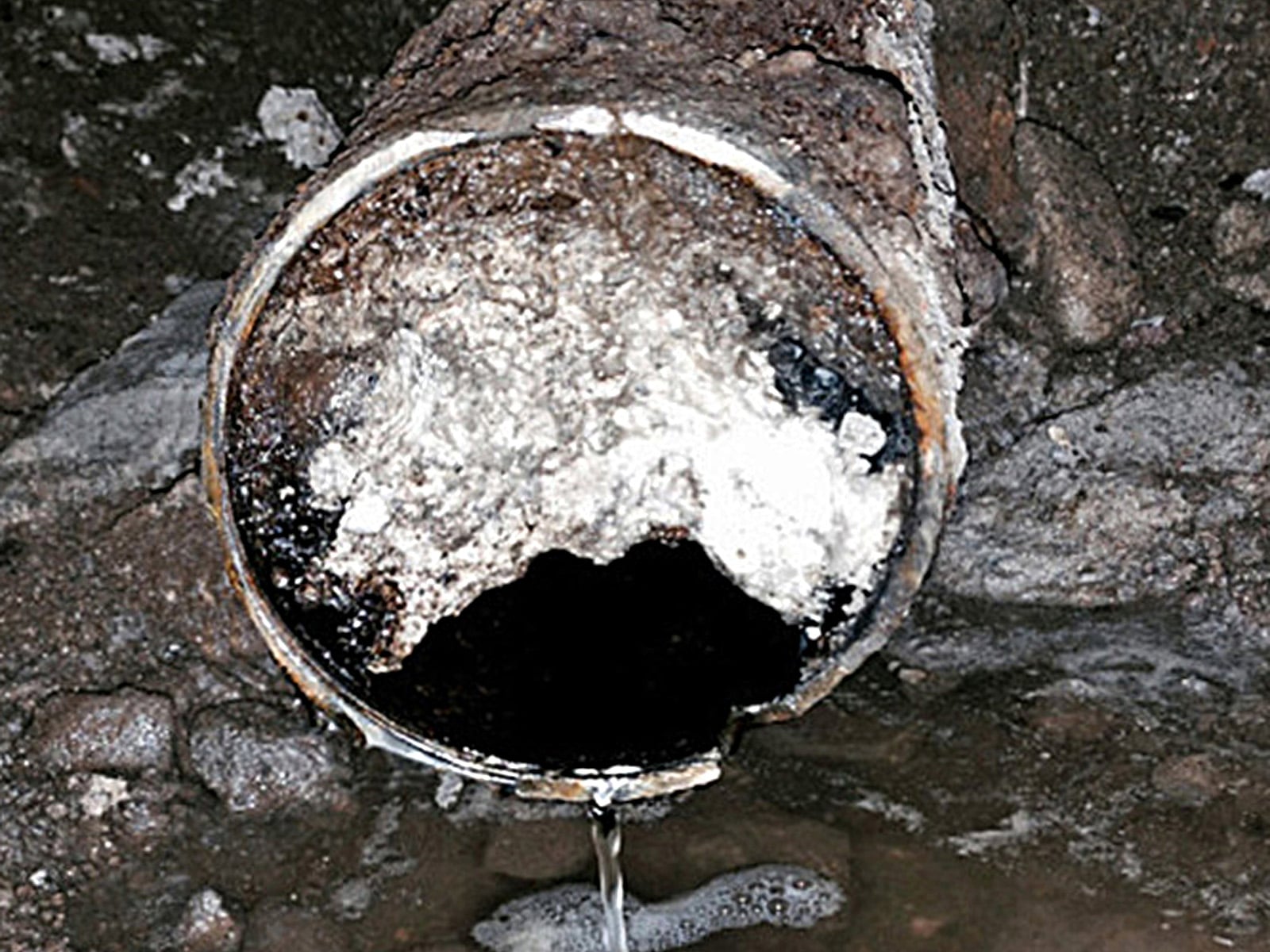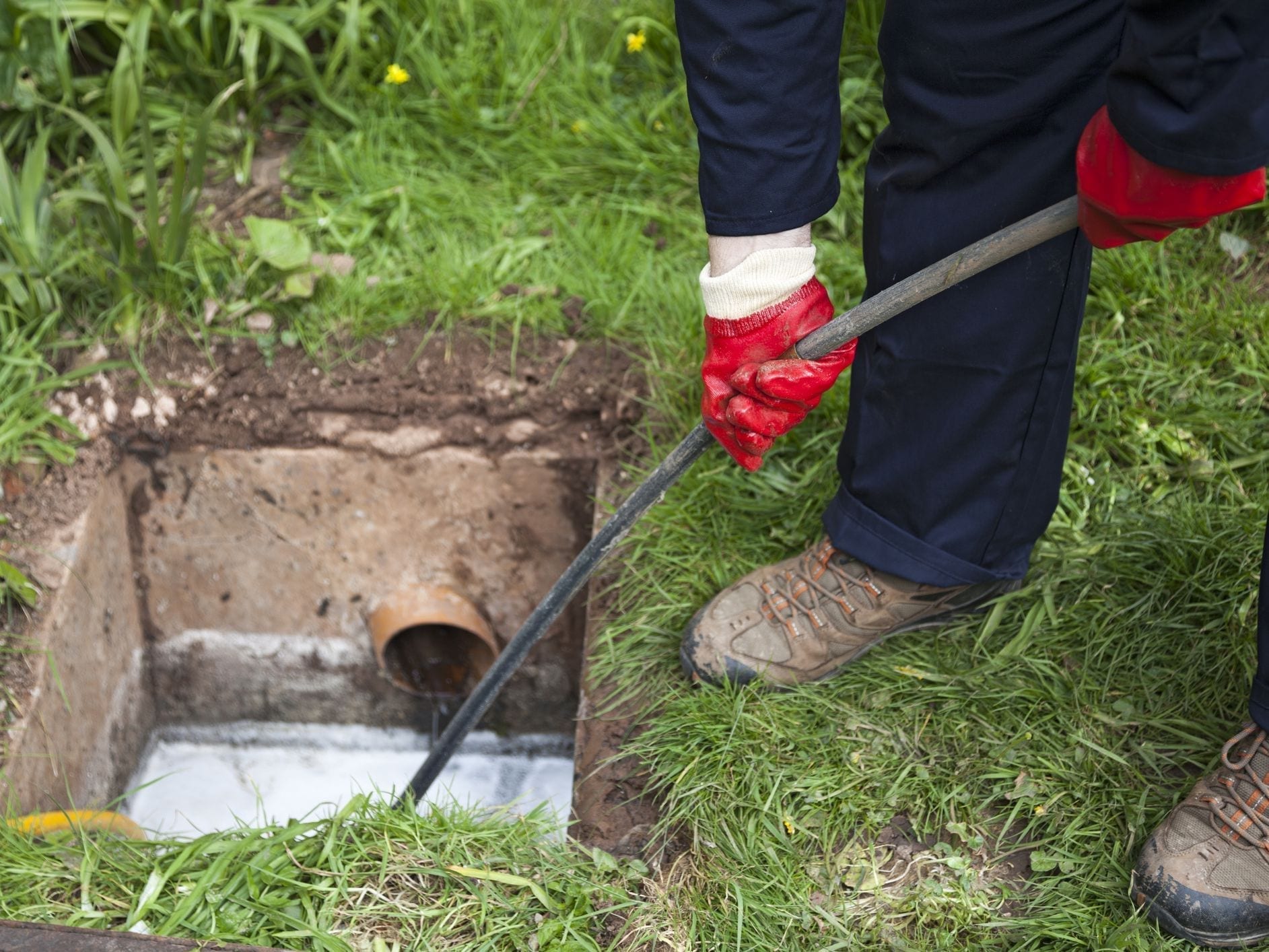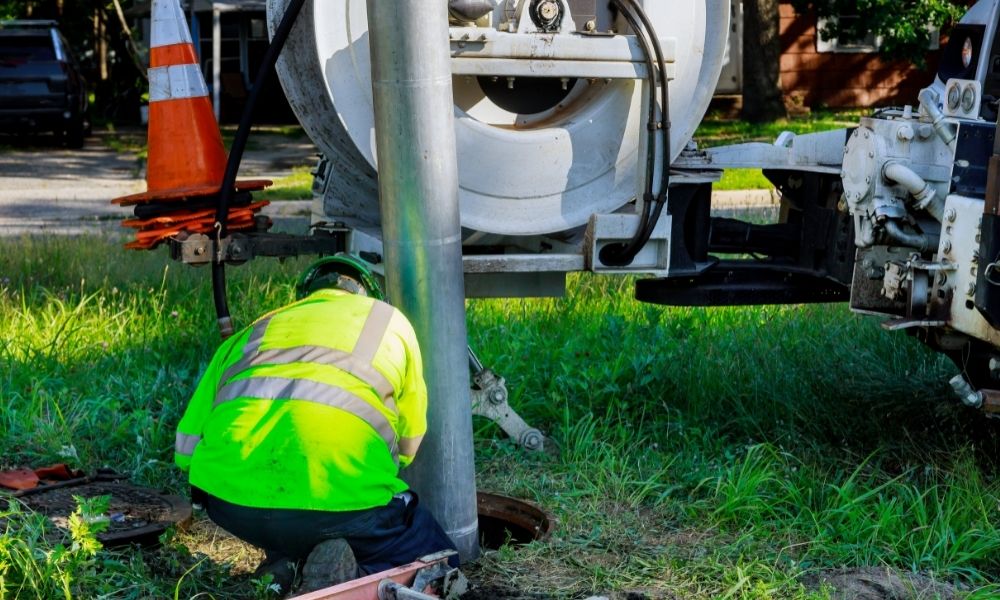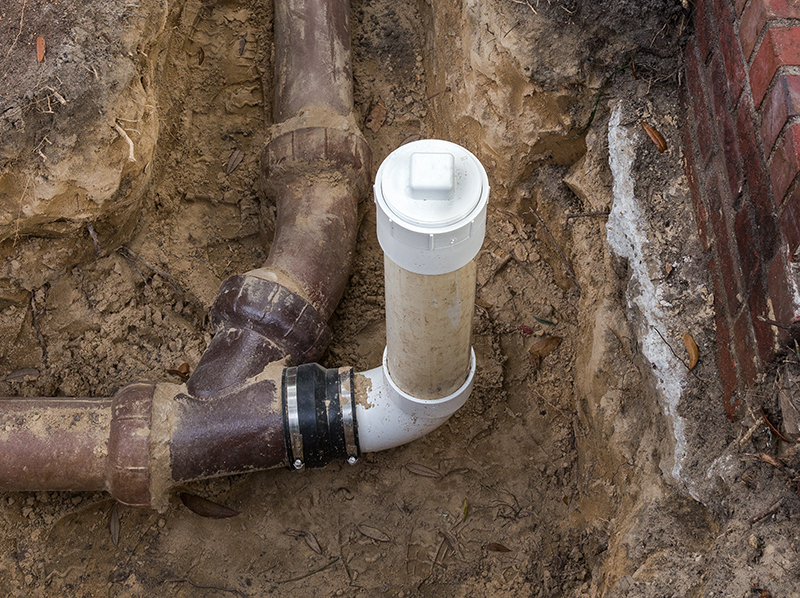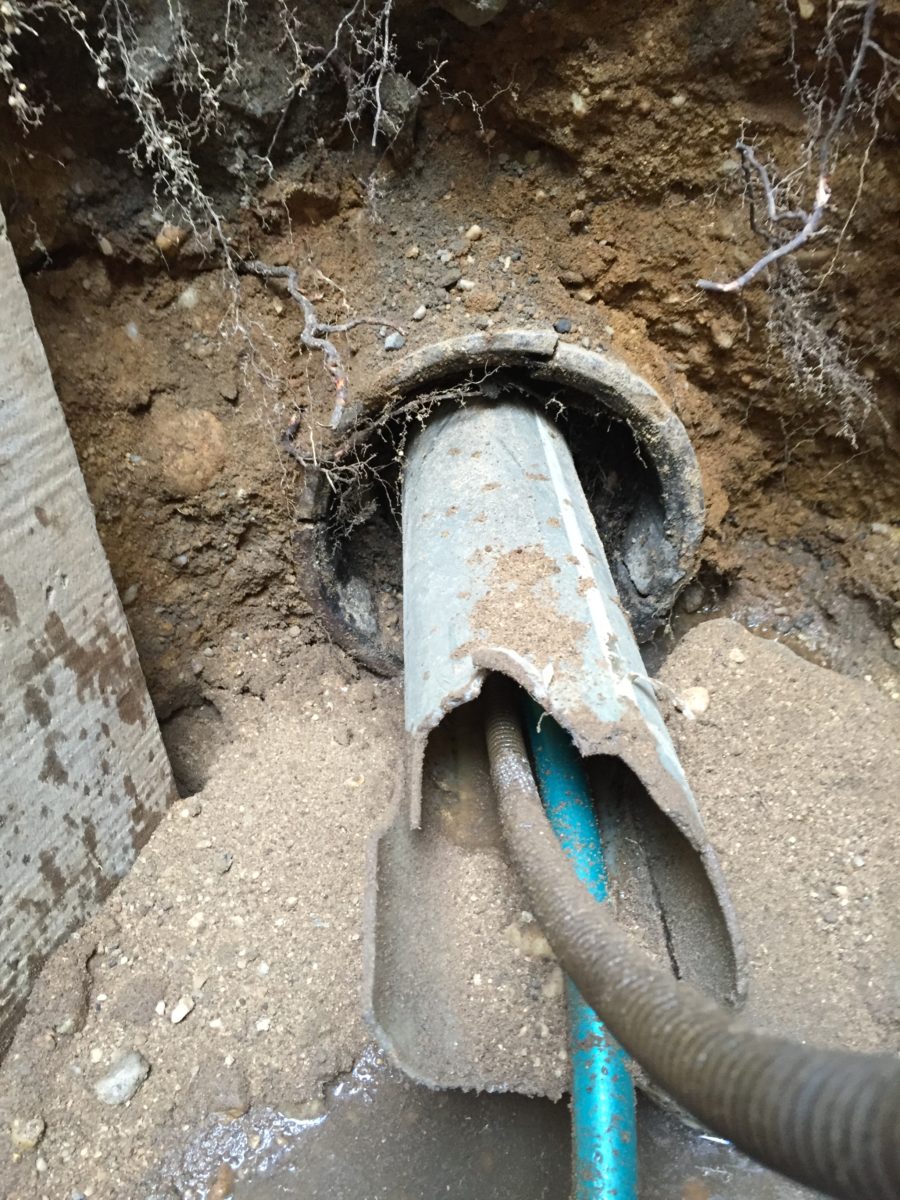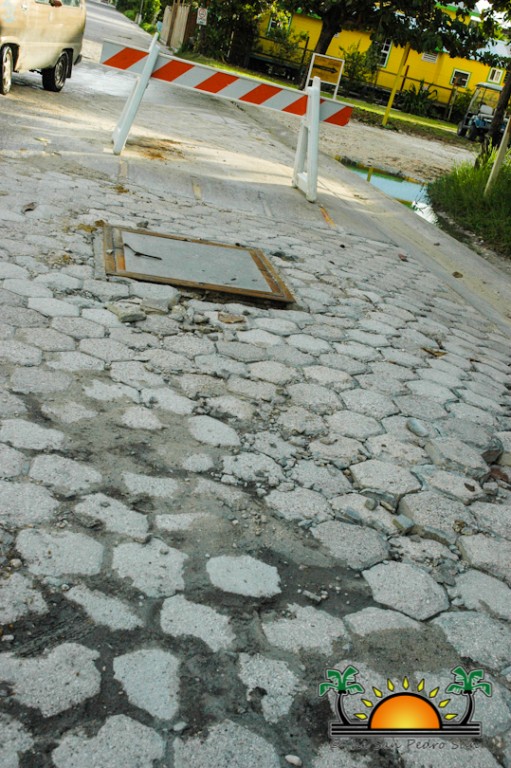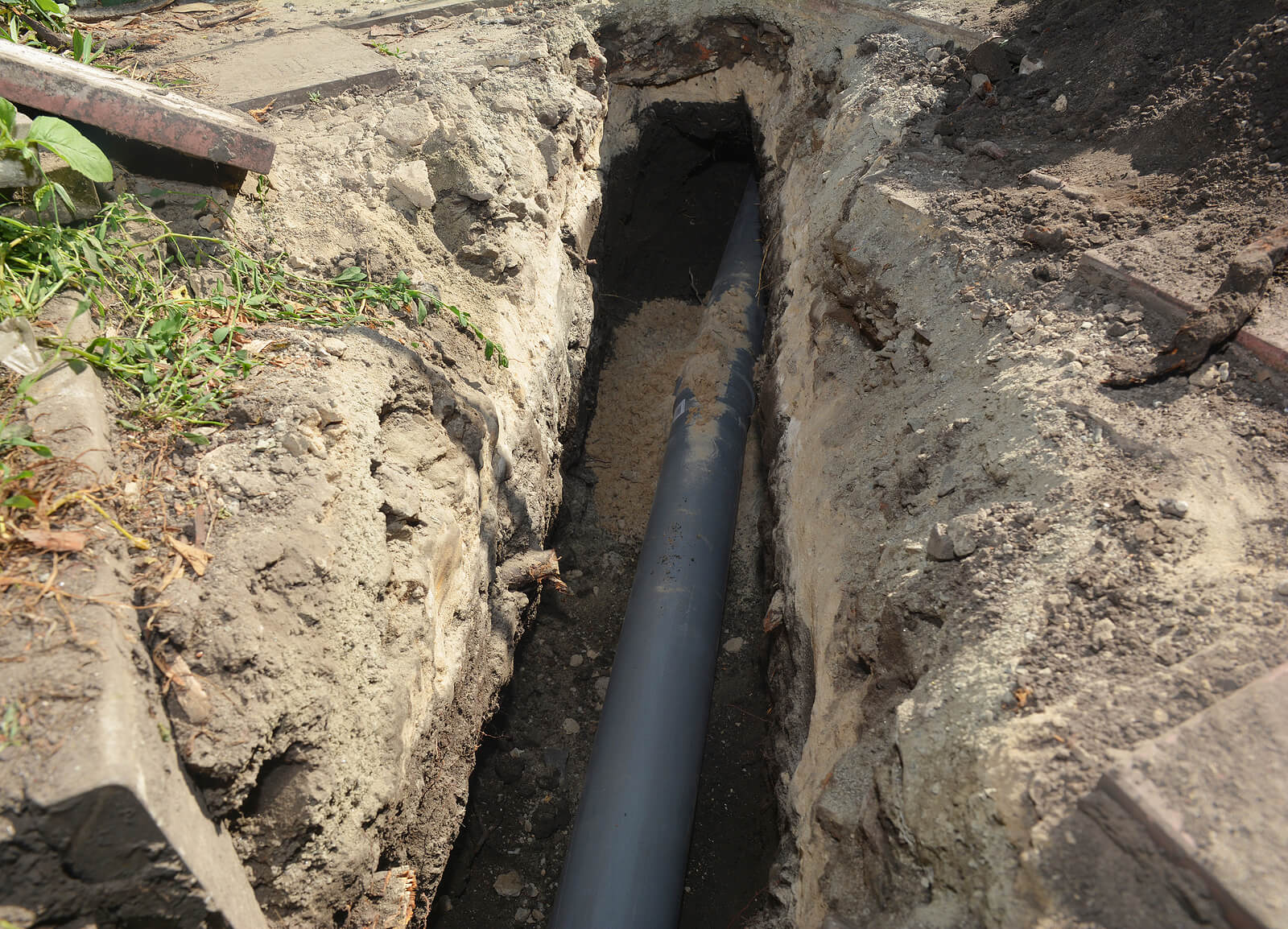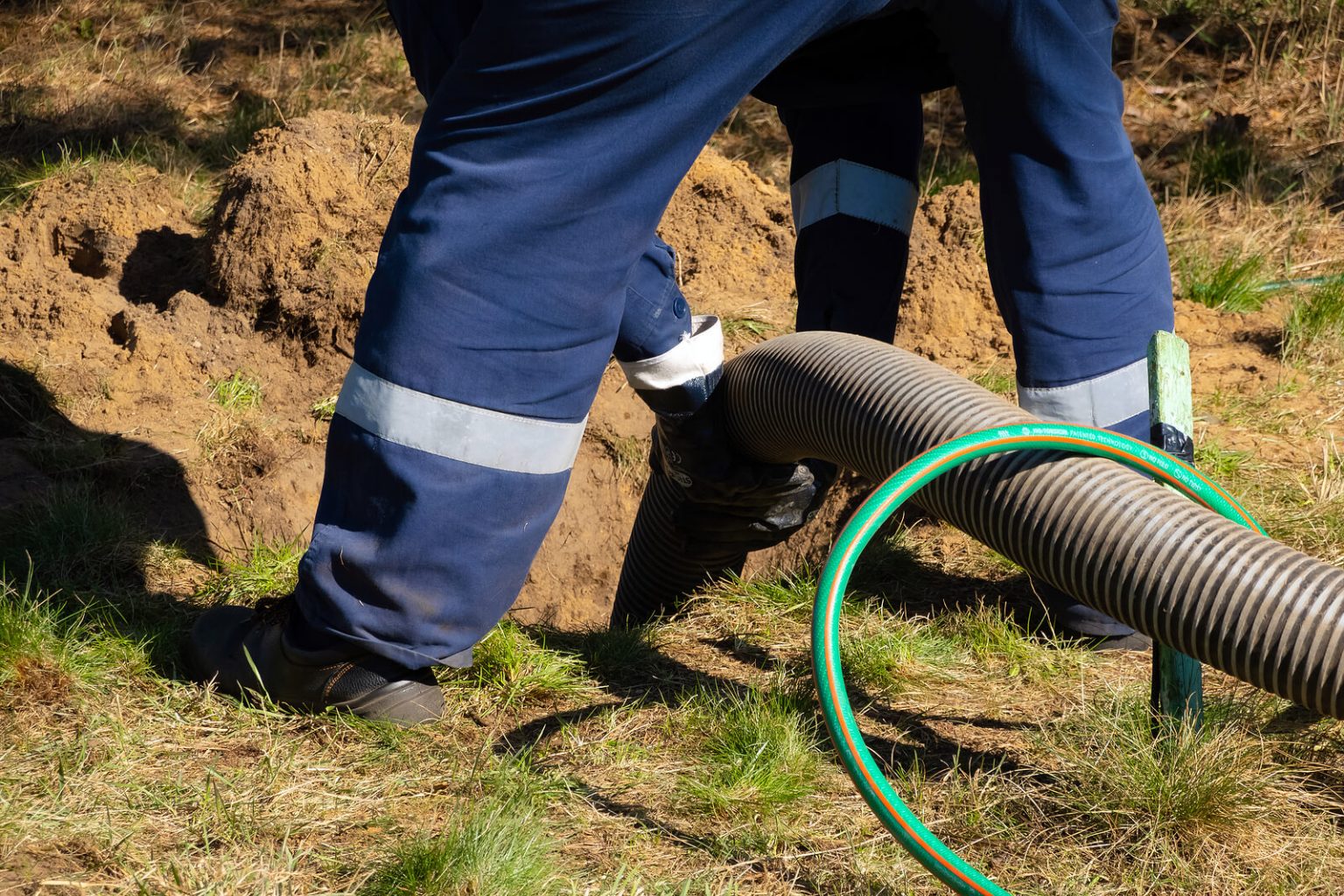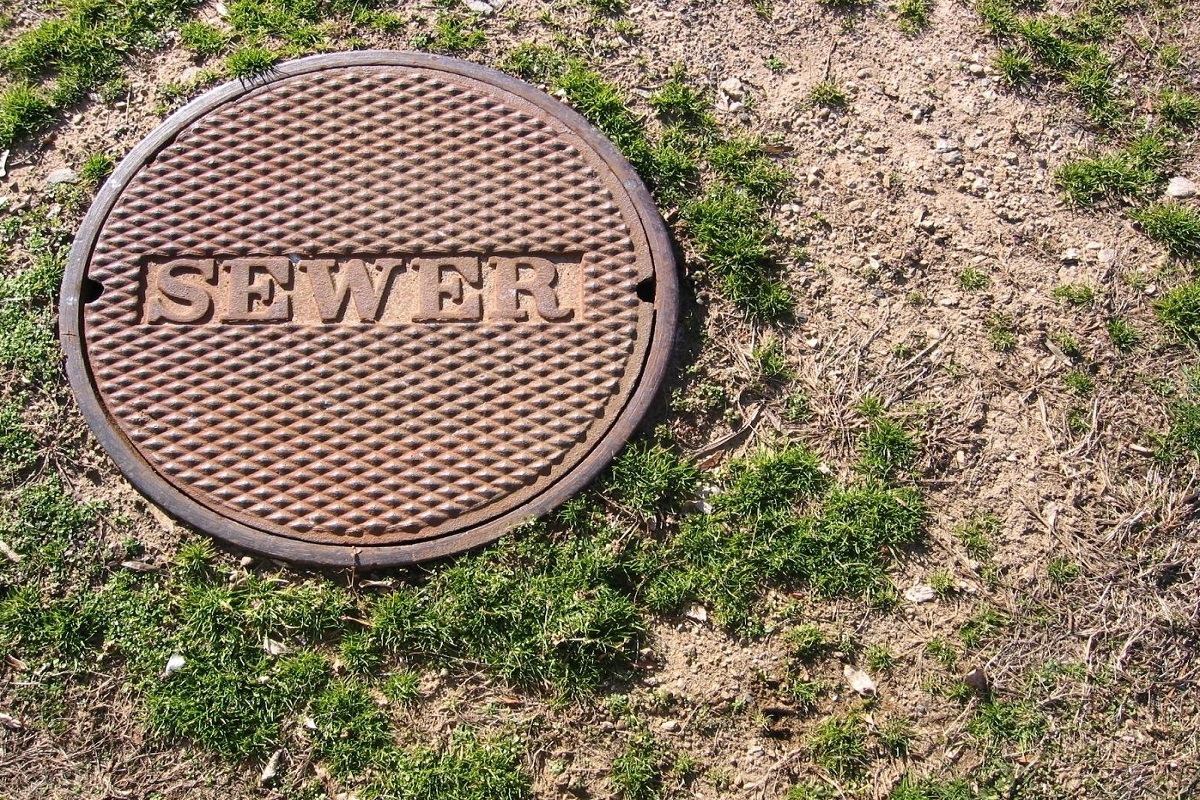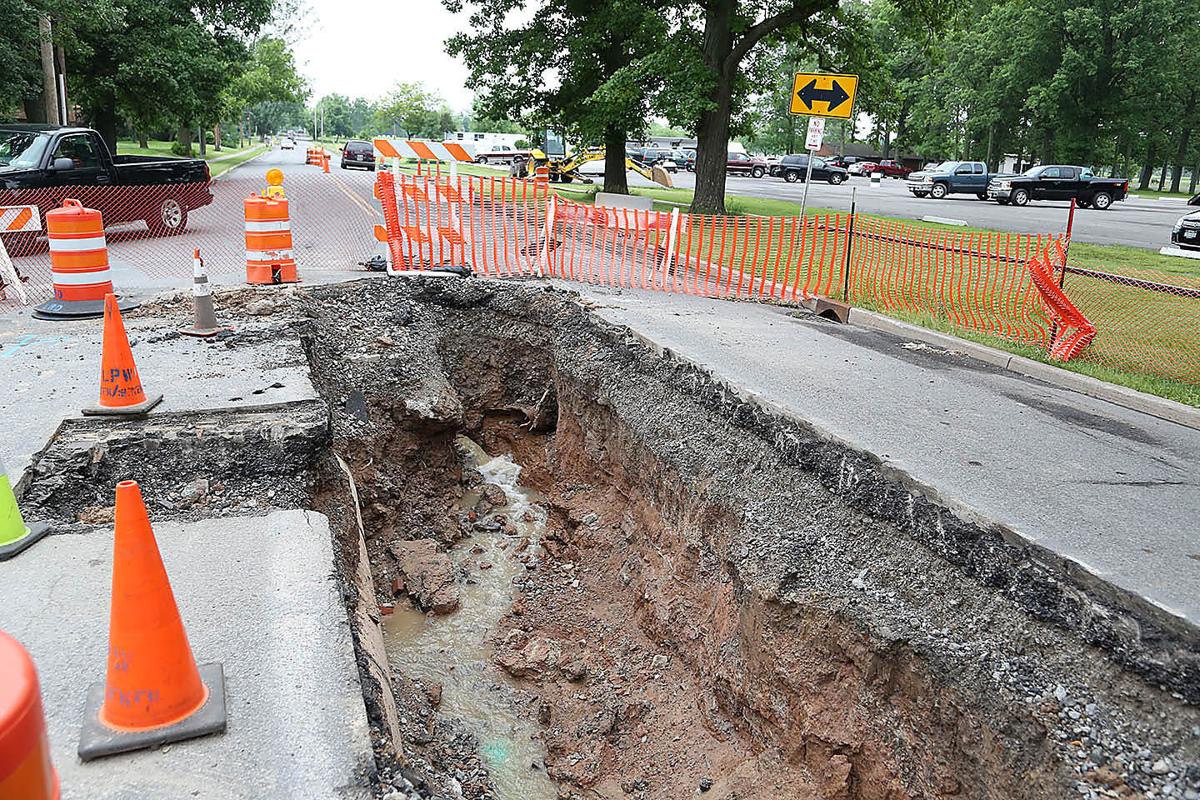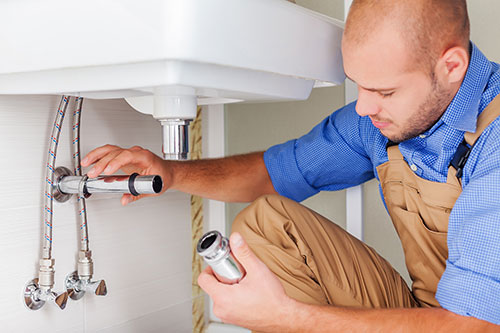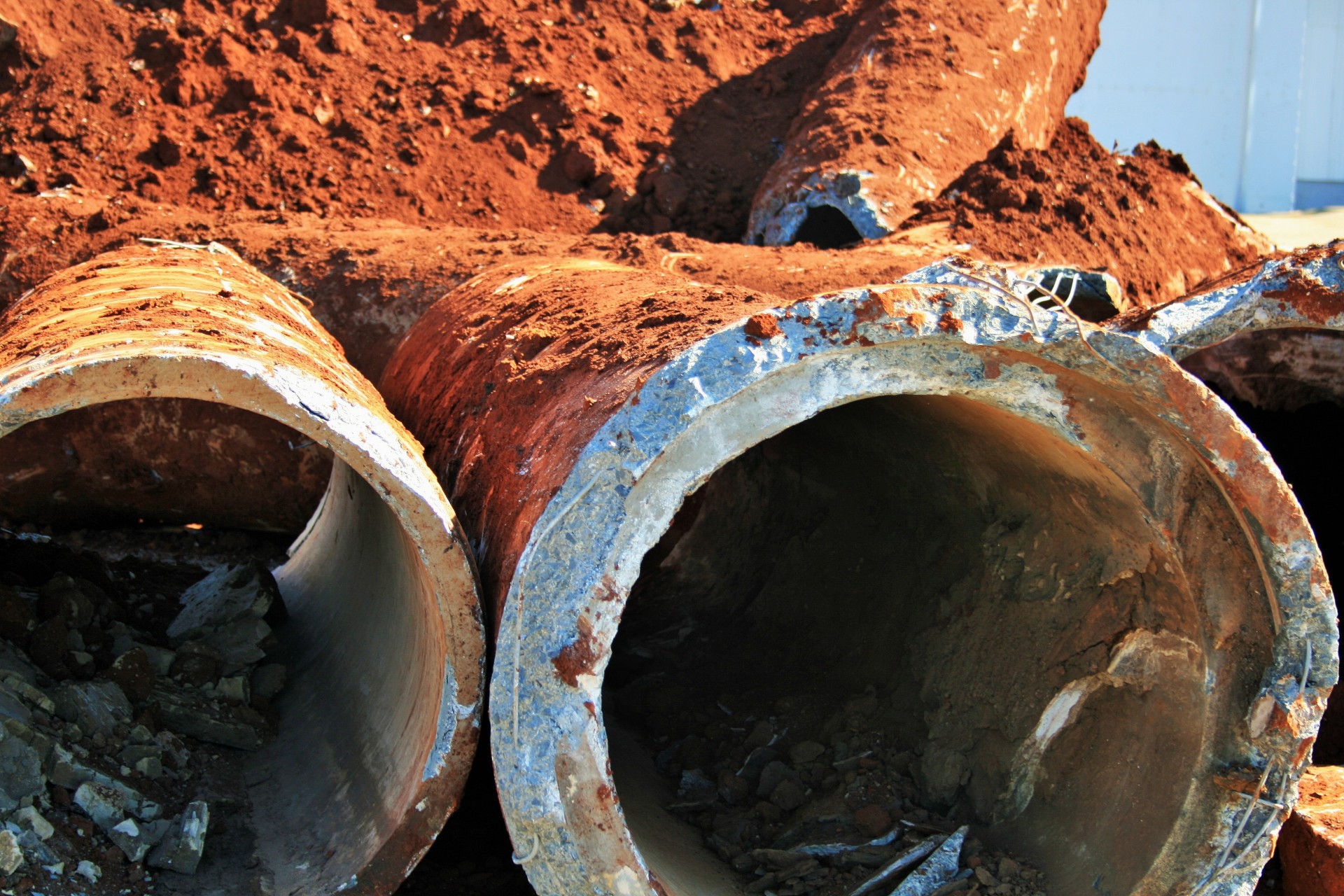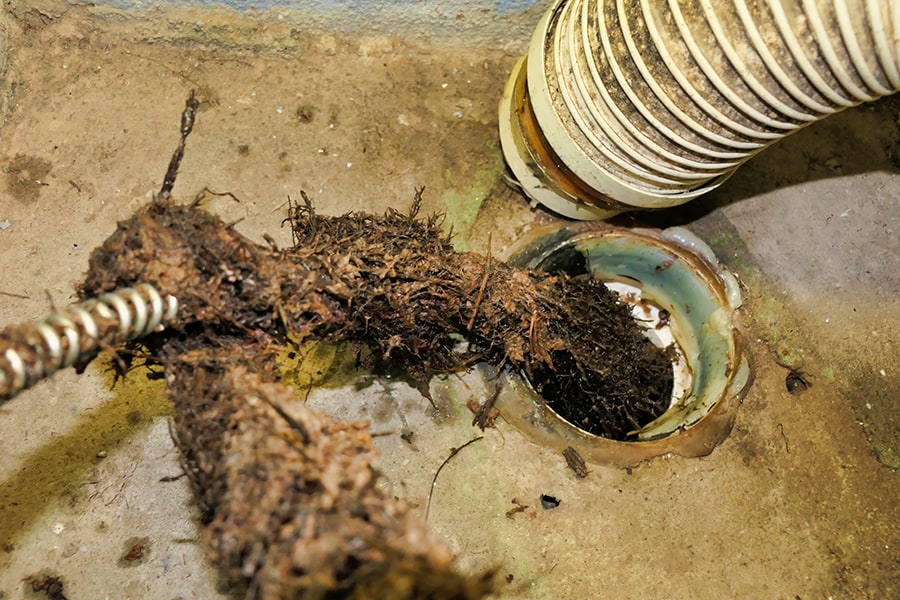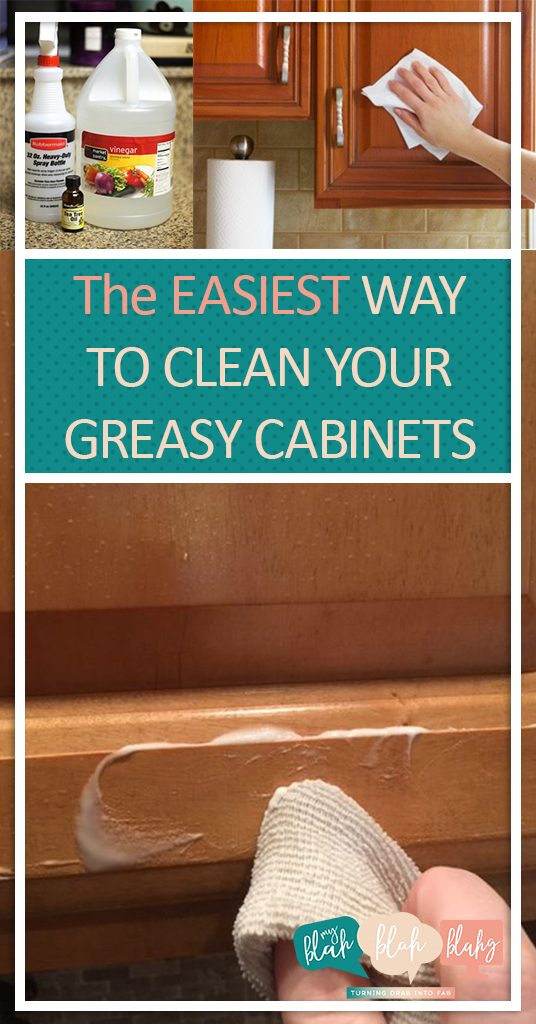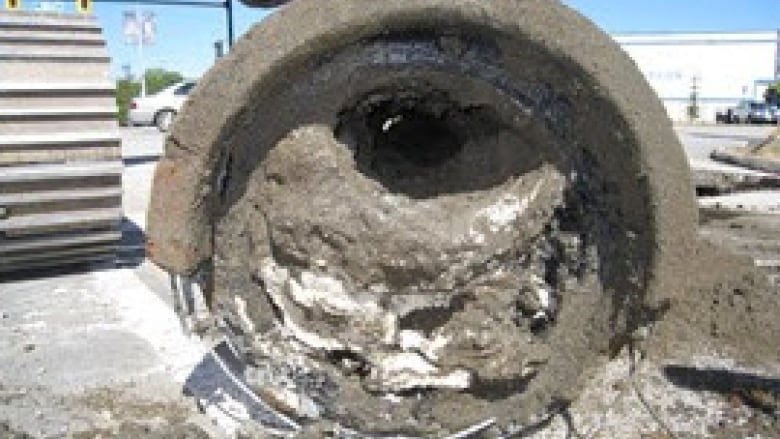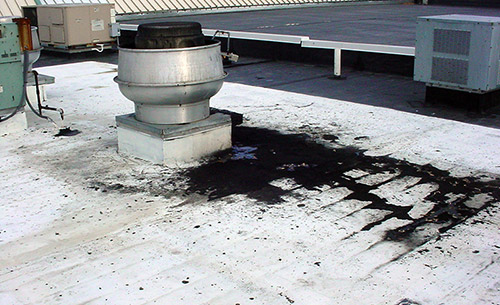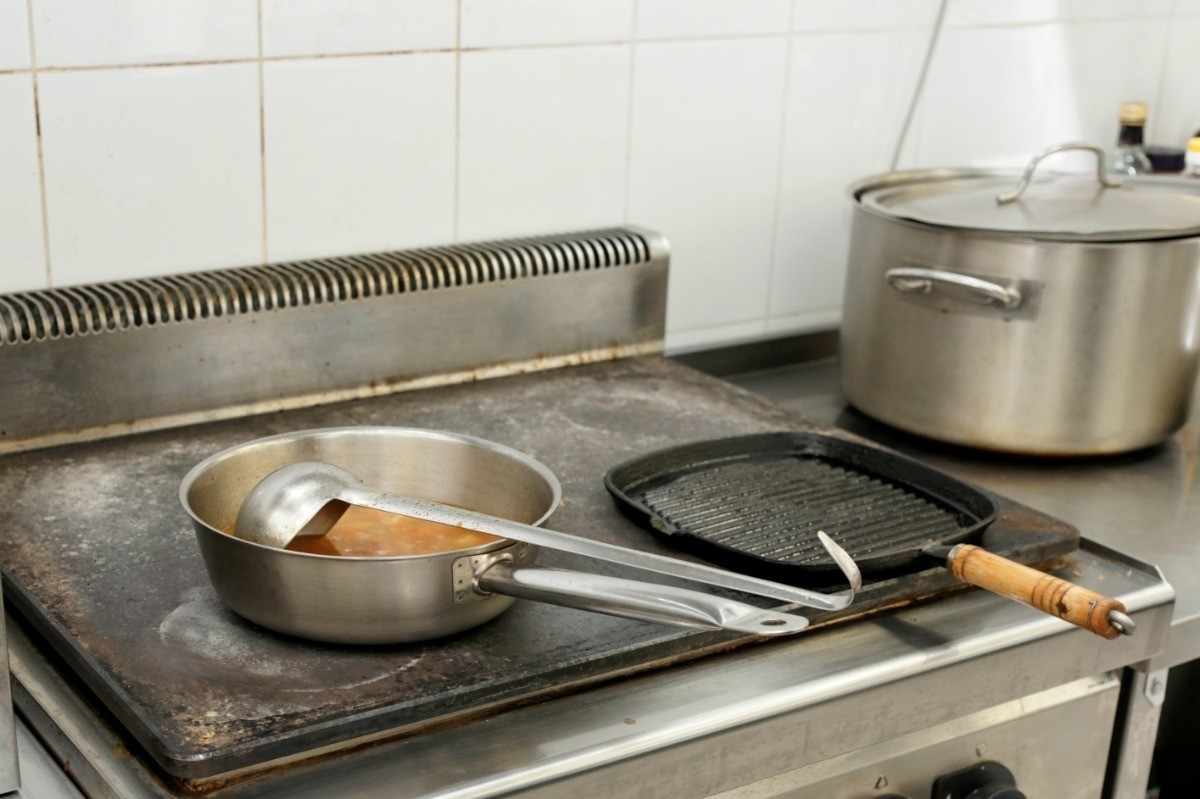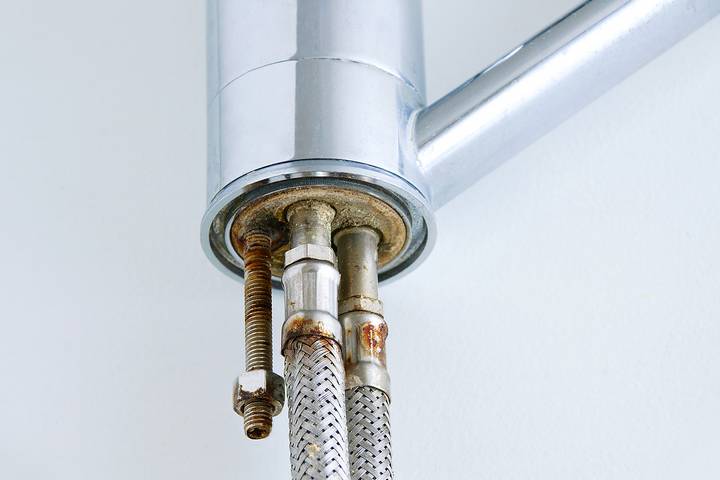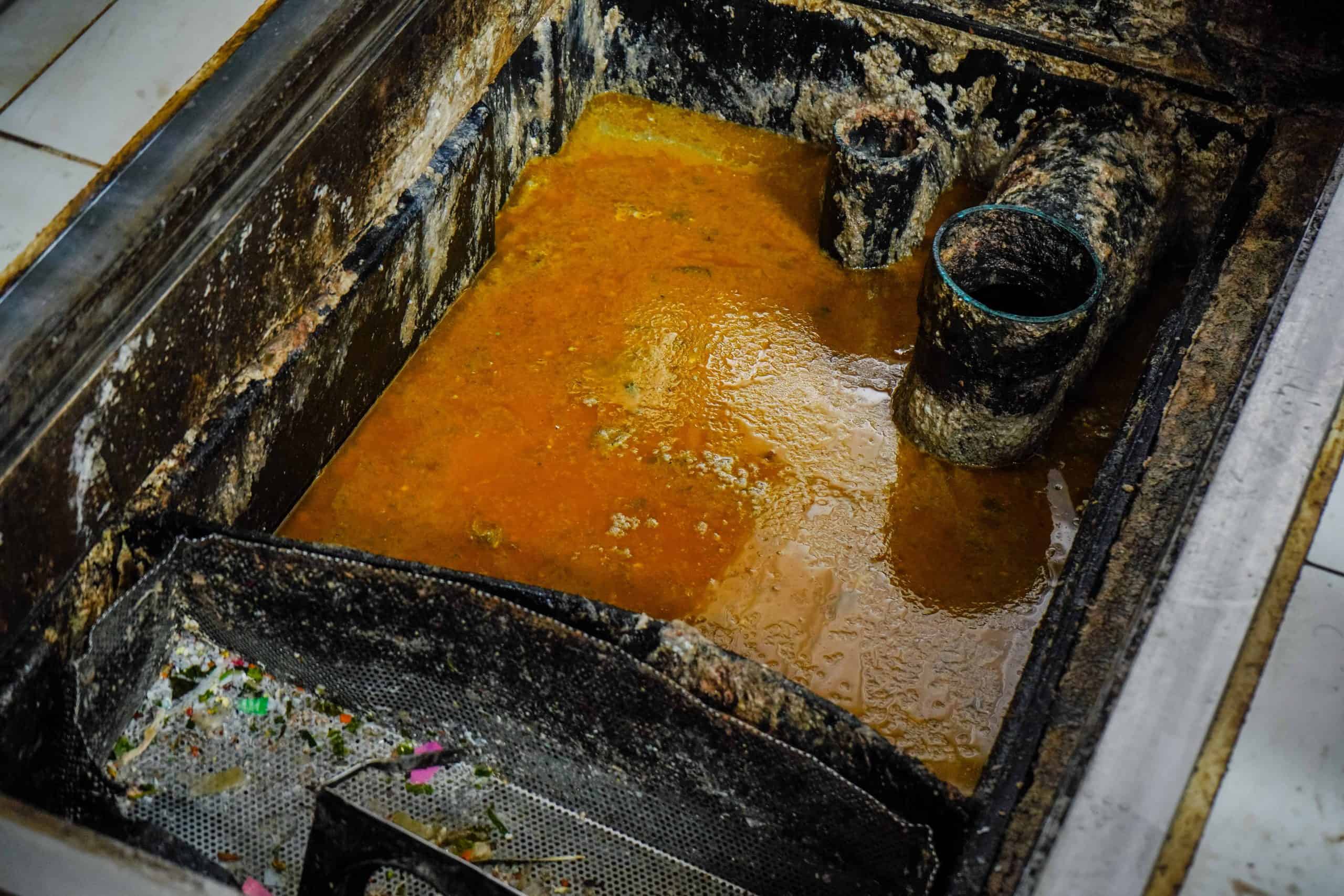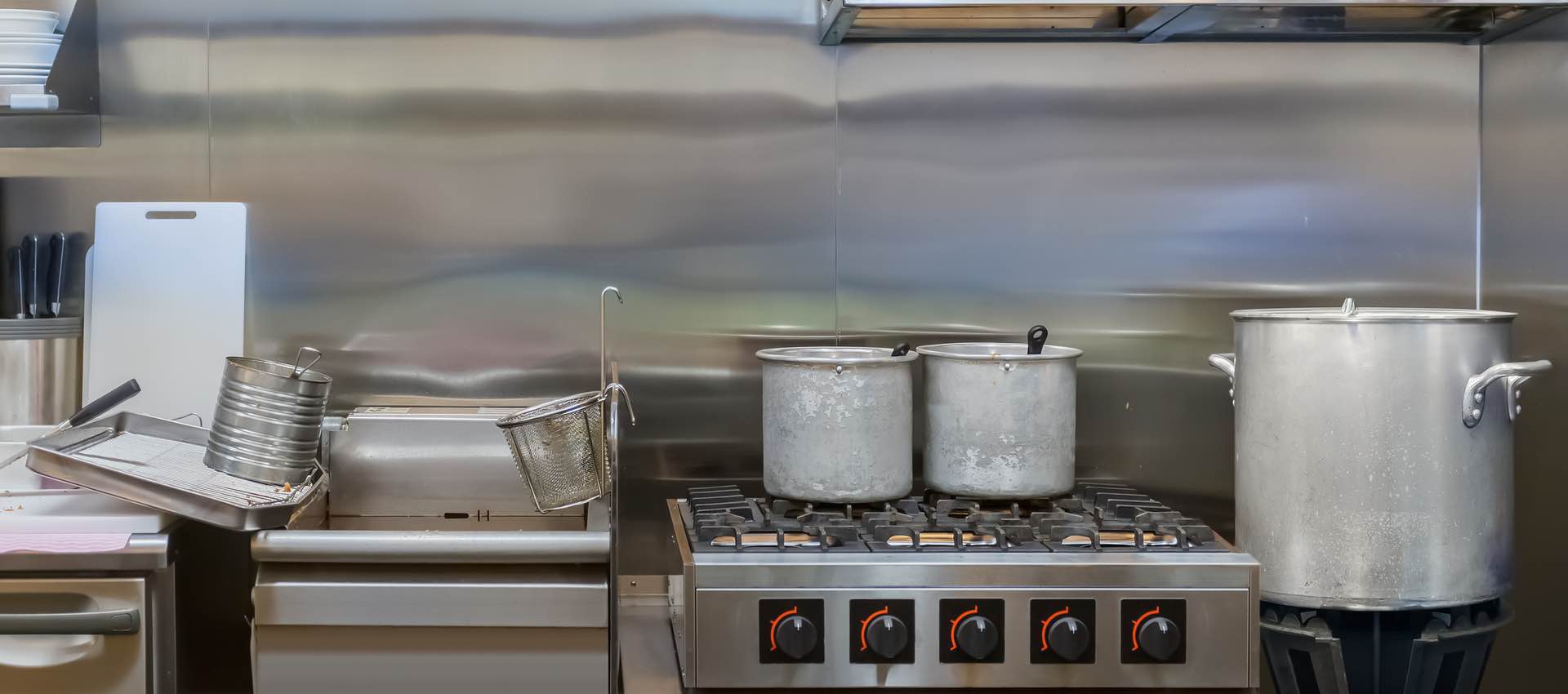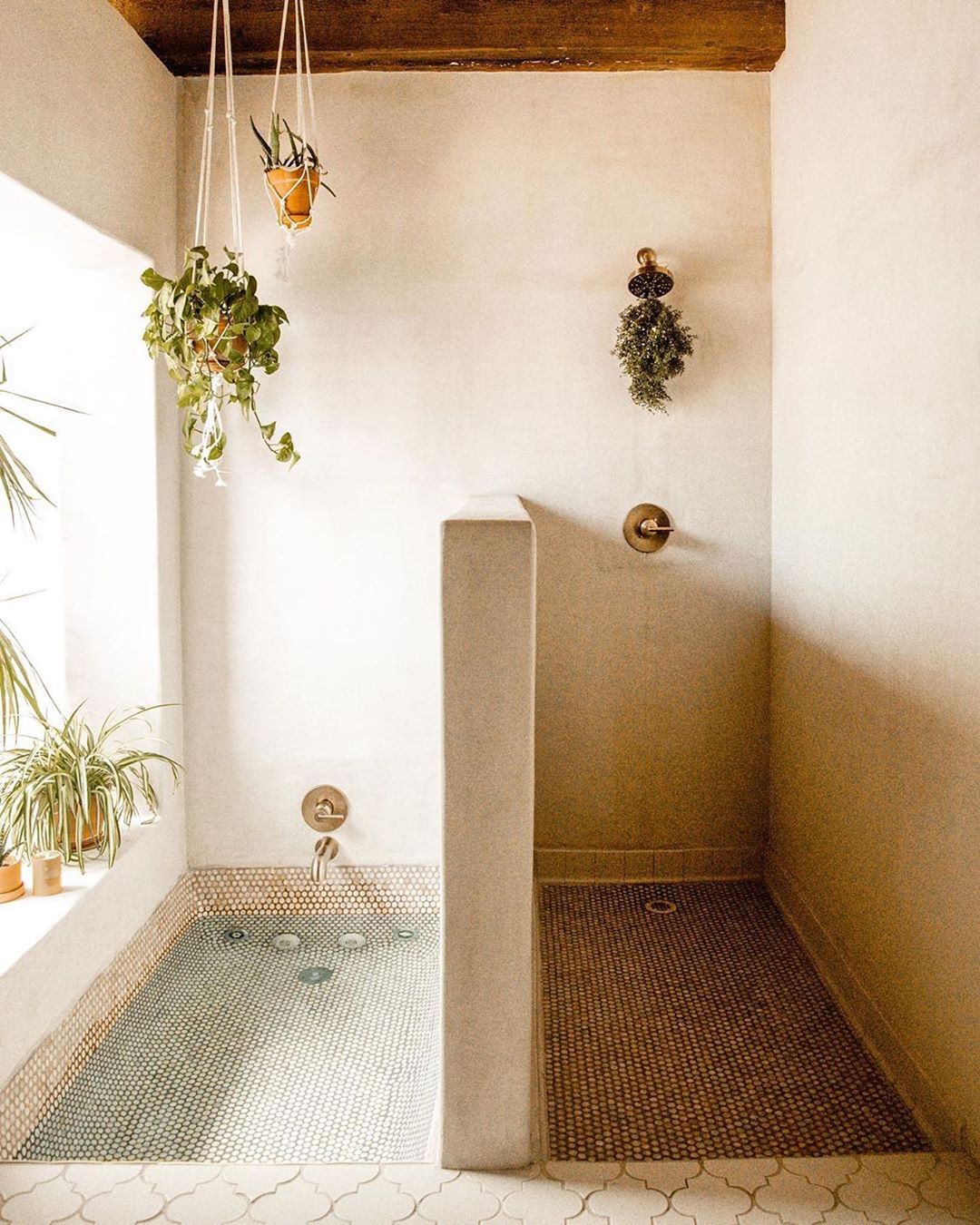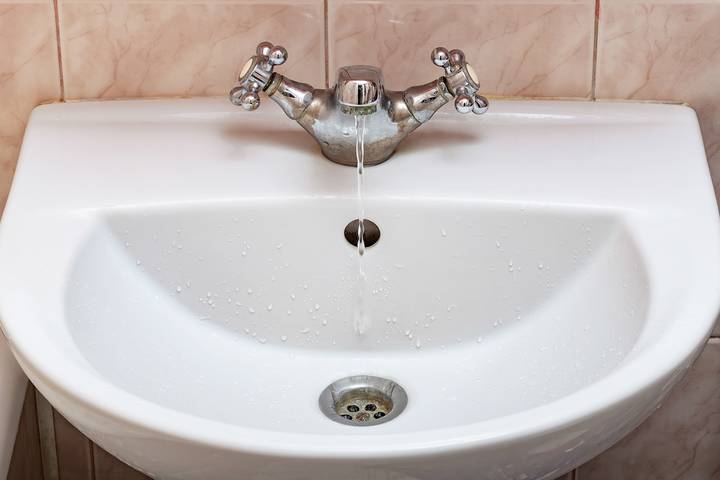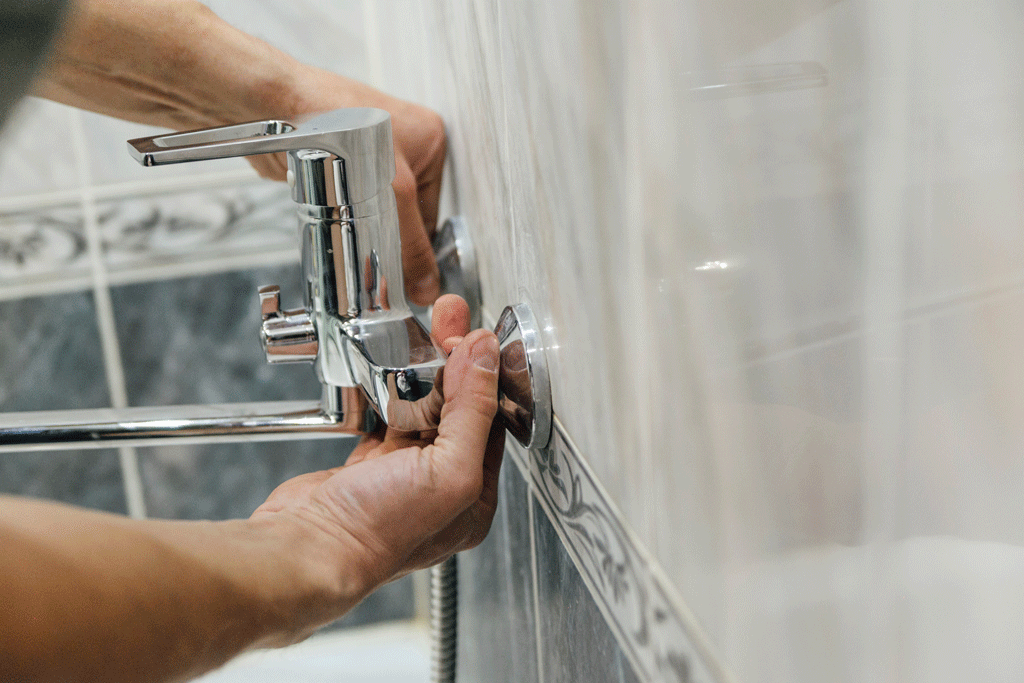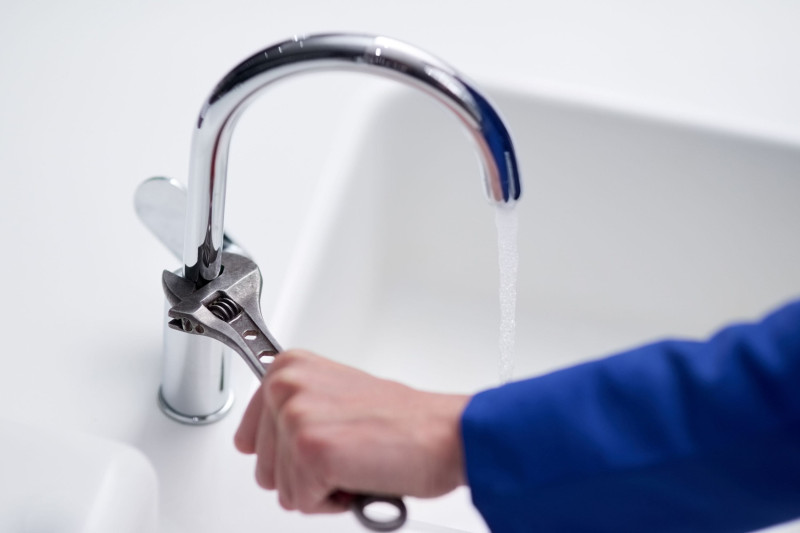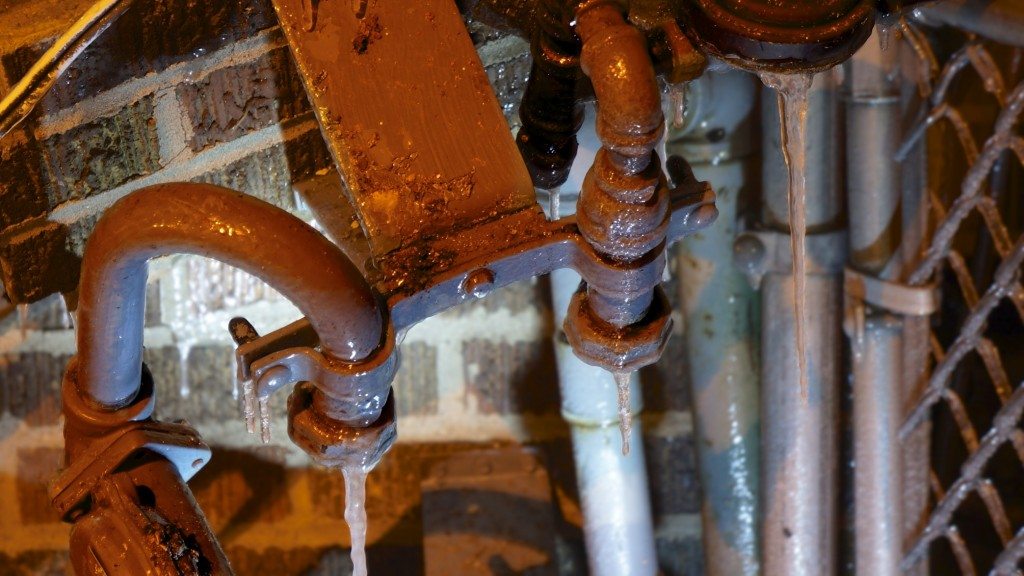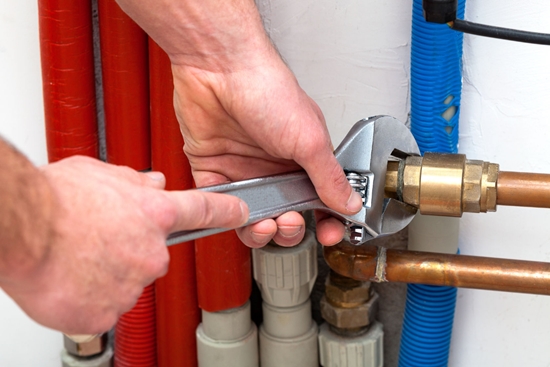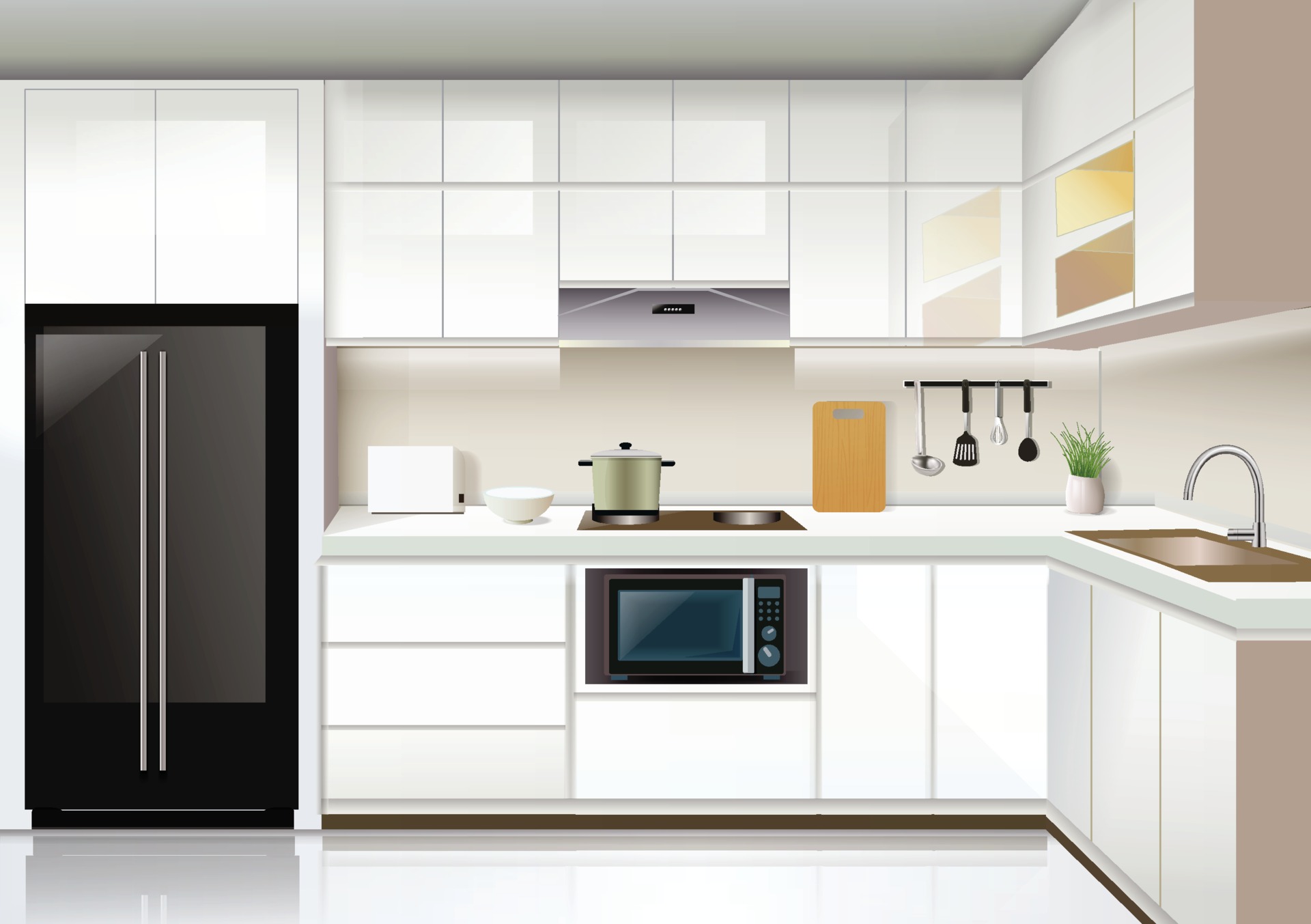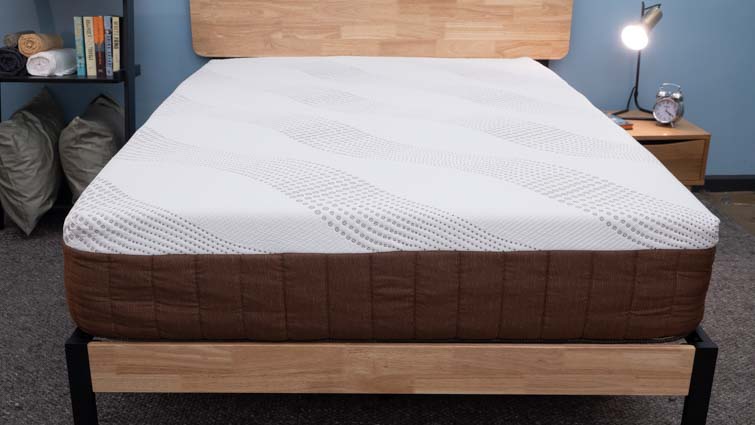If your kitchen sink is experiencing a backup, one possible cause could be an issue with your plumbing vents. These vents are responsible for releasing gas and pressure from your plumbing system, allowing air to flow in and out as water moves through the pipes. When these vents become clogged or blocked, it can lead to negative pressure in your pipes, causing water to flow backwards and result in a backup. This can happen due to debris buildup, animal nests, or even a damaged vent pipe. If you suspect that your plumbing vents are the culprit behind your kitchen sink backup, it's important to have a professional plumber inspect and clear them to prevent further issues.Plumbing Vent Issues
Another common cause of kitchen sink backups is a blockage in the drain line. This can occur due to a buildup of food scraps, grease, or other debris that has been flushed down the drain over time. If left untreated, this blockage can cause water to back up from your sink and potentially lead to overflowing or leaks. In more severe cases, it could even cause damage to your pipes or plumbing fixtures. To prevent drain line blockages, it's important to regularly clean your sink and avoid flushing large food scraps or grease down the drain. If you do encounter a blockage, it's best to call a professional plumber to safely remove it.Drain Line Blockage
If your home has a septic tank instead of a traditional sewer system, a backup in your kitchen sink could be a sign of septic tank issues. This could be due to a full tank, a damaged or clogged drain field, or a malfunctioning pump. Neglecting septic tank maintenance can lead to backups and other plumbing problems, so it's important to have your tank regularly pumped and inspected by a professional. Additionally, avoid flushing anything other than toilet paper down the toilet to prevent clogs in your septic system.Septic Tank Problems
If you have a garbage disposal connected to your kitchen sink, it could be the source of your backup. A malfunctioning garbage disposal can cause food scraps and other debris to build up in your pipes, leading to blockages and backups. It's important to properly maintain and use your garbage disposal to prevent issues. This includes avoiding putting non-food items, fibrous foods, and grease down the disposal. If your garbage disposal is causing backups, it may need to be repaired or replaced.Faulty Garbage Disposal
In some cases, a backup in your kitchen sink could be a result of a clog in your main sewer line. This is the largest pipe in your plumbing system and carries all of the wastewater from your home to the city's sewer system. If this line becomes clogged, it can cause backups in multiple drains throughout your home, including your kitchen sink. This could be due to tree roots, debris buildup, or a collapsed pipe. It's important to have a professional plumber address this issue as soon as possible to prevent further damage.Main Sewer Line Clog
A broken sewer line can also lead to kitchen sink backups. This could be caused by old age, corrosion, shifting soil, or tree root intrusion. A broken sewer line can cause serious issues and should be addressed by a professional plumber immediately. If you notice any unusual odors, slow draining, or backups in multiple drains, it could be a sign of a broken sewer line. Regular maintenance and inspections can help prevent this issue from occurring.Broken Sewer Line
In some cases, a kitchen sink backup may be a result of poorly installed or outdated pipes. Over time, pipes can become corroded, damaged, or improperly connected, leading to backups and other plumbing issues. If you suspect that your pipes may be the cause of your kitchen sink backup, it's important to have a professional plumber assess and potentially replace them to prevent further problems.Improperly Installed Pipes
Tree roots are a common cause of plumbing issues, including kitchen sink backups. As trees and shrubs grow, their roots can penetrate and damage your pipes, causing blockages and even ruptures. To prevent tree root intrusion, it's important to regularly have your plumbing system inspected and maintain a safe distance between trees and your main sewer line.Tree Root Intrusion
Grease is a major culprit behind kitchen sink backups. When flushed down the drain, it can solidify and stick to the walls of your pipes, causing blockages and preventing water from flowing freely. To prevent grease buildup, it's important to properly dispose of it in a separate container and never pour it down the drain. You can also use natural cleaning methods, such as vinegar and baking soda, to break down any existing grease buildup in your pipes.Grease Buildup
In some cases, a backup in your kitchen sink could be due to a faulty plumbing fixture, such as a clogged or damaged drain or trap. These components are responsible for catching debris and preventing it from entering your pipes. If you suspect that a plumbing fixture is causing your backup, it's best to have a professional plumber inspect and repair or replace it as needed. In conclusion, a kitchen sink backup can be caused by a variety of issues, from minor clogs to major plumbing problems. By understanding the potential causes and taking preventative measures, you can avoid this frustrating and messy issue in your home. Remember to regularly maintain and inspect your plumbing system, avoid flushing inappropriate items down the drain, and address any issues promptly with the help of a professional plumber. Taking these steps can help keep your kitchen sink and plumbing system running smoothly and prevent backups in the future.Faulty Plumbing Fixtures
The Importance of Proper Plumbing in House Design

The kitchen sink is an essential part of any household, providing a convenient and functional space for daily tasks such as cooking and cleaning. However, when a backup occurs, it can quickly become a major inconvenience and disrupt the flow of a household. While many may assume a clog is the culprit, there are other factors to consider when dealing with a kitchen sink backup.
 When designing a house, the plumbing system is often overlooked or not given enough consideration. The truth is, proper plumbing is crucial to the functionality and longevity of a home.
Issues like kitchen sink backups are often a result of poor plumbing design or installation.
This can lead to a domino effect of problems, from clogs to leaks and water damage.
One of the main causes of kitchen sink backups is a
lack of proper ventilation in the plumbing system.
This can occur when the pipes are not adequately sized or when there are not enough vents to allow air to flow through the system. Without proper ventilation, negative pressure can build up in the pipes, causing water to flow back up into the sink rather than draining out properly.
Another factor to consider is
the type of materials used in the plumbing system.
Older homes may have outdated pipes made of materials that are prone to corrosion, such as galvanized steel or iron. Over time, these pipes can deteriorate, causing blockages and backups.
Using high-quality, durable materials in the plumbing system is essential to preventing issues like kitchen sink backups.
Additionally, the layout and design of the plumbing system can also contribute to backups.
Pipes that are not correctly angled or have sharp turns can create areas where debris and grease can build up, leading to clogs and backups.
It is crucial to have a well-thought-out and efficient plumbing design to minimize the risk of backups and other plumbing issues.
In conclusion, while clogs may seem like the obvious cause of a kitchen sink backup, it is essential to consider all aspects of the plumbing system when designing a house.
Proper plumbing design, installation, and materials are key to preventing backups and ensuring the functionality and longevity of a home.
By giving adequate attention to the plumbing system in house design, homeowners can avoid the inconvenience and cost of dealing with backups and other plumbing issues.
When designing a house, the plumbing system is often overlooked or not given enough consideration. The truth is, proper plumbing is crucial to the functionality and longevity of a home.
Issues like kitchen sink backups are often a result of poor plumbing design or installation.
This can lead to a domino effect of problems, from clogs to leaks and water damage.
One of the main causes of kitchen sink backups is a
lack of proper ventilation in the plumbing system.
This can occur when the pipes are not adequately sized or when there are not enough vents to allow air to flow through the system. Without proper ventilation, negative pressure can build up in the pipes, causing water to flow back up into the sink rather than draining out properly.
Another factor to consider is
the type of materials used in the plumbing system.
Older homes may have outdated pipes made of materials that are prone to corrosion, such as galvanized steel or iron. Over time, these pipes can deteriorate, causing blockages and backups.
Using high-quality, durable materials in the plumbing system is essential to preventing issues like kitchen sink backups.
Additionally, the layout and design of the plumbing system can also contribute to backups.
Pipes that are not correctly angled or have sharp turns can create areas where debris and grease can build up, leading to clogs and backups.
It is crucial to have a well-thought-out and efficient plumbing design to minimize the risk of backups and other plumbing issues.
In conclusion, while clogs may seem like the obvious cause of a kitchen sink backup, it is essential to consider all aspects of the plumbing system when designing a house.
Proper plumbing design, installation, and materials are key to preventing backups and ensuring the functionality and longevity of a home.
By giving adequate attention to the plumbing system in house design, homeowners can avoid the inconvenience and cost of dealing with backups and other plumbing issues.
